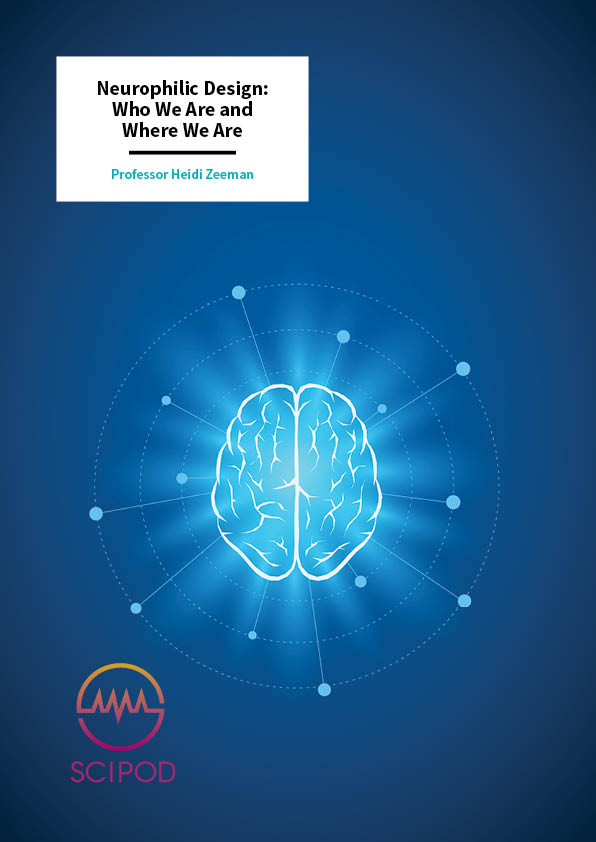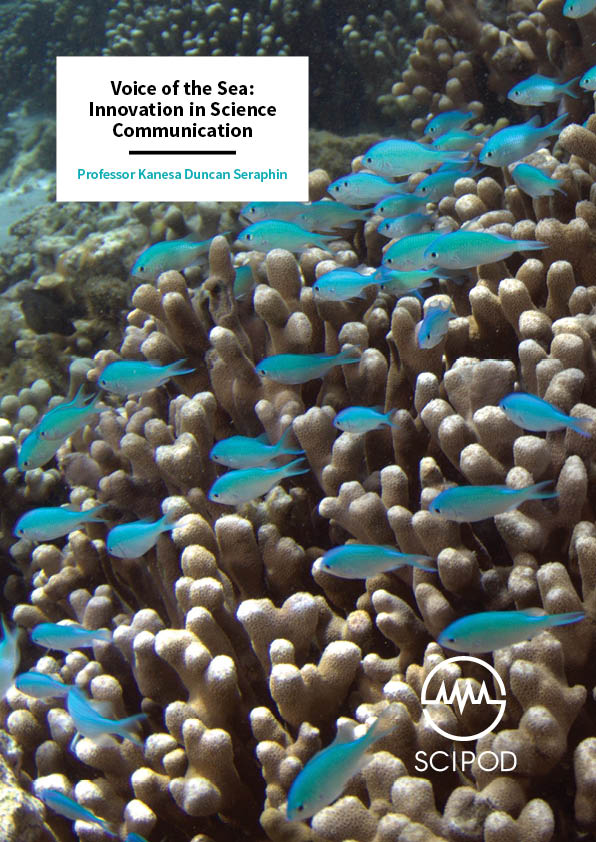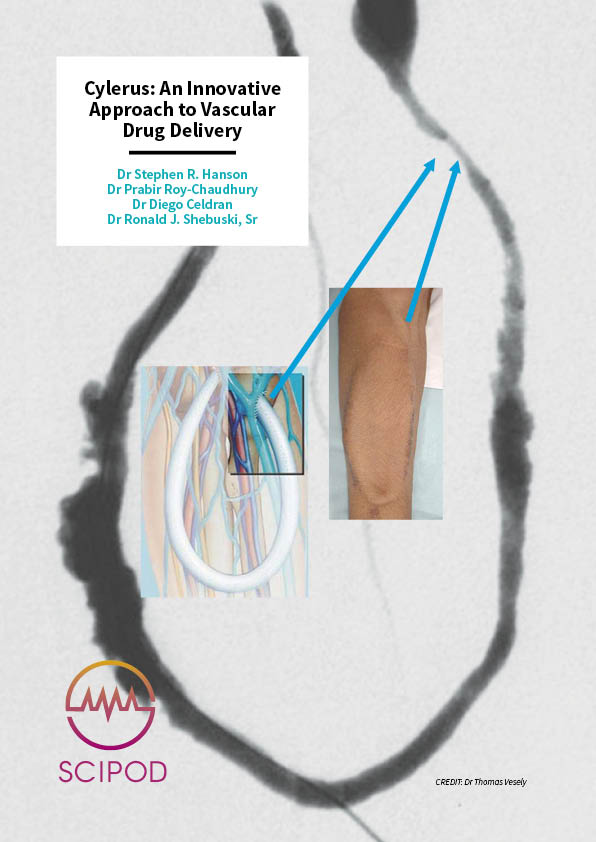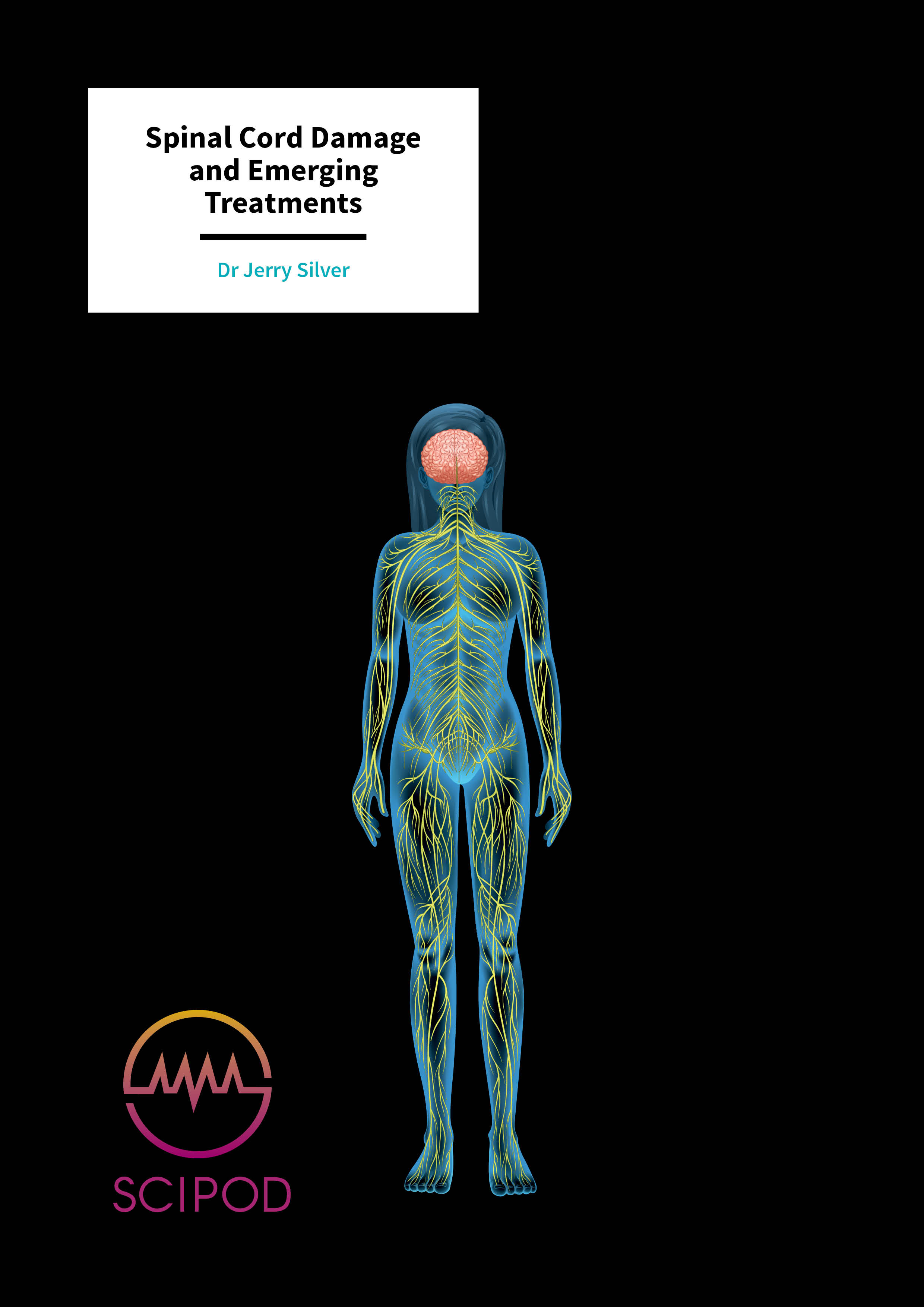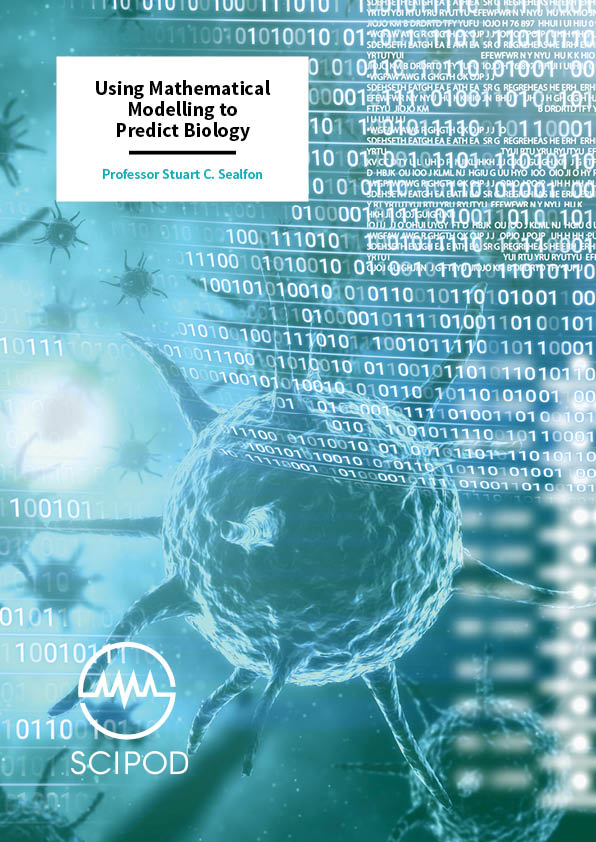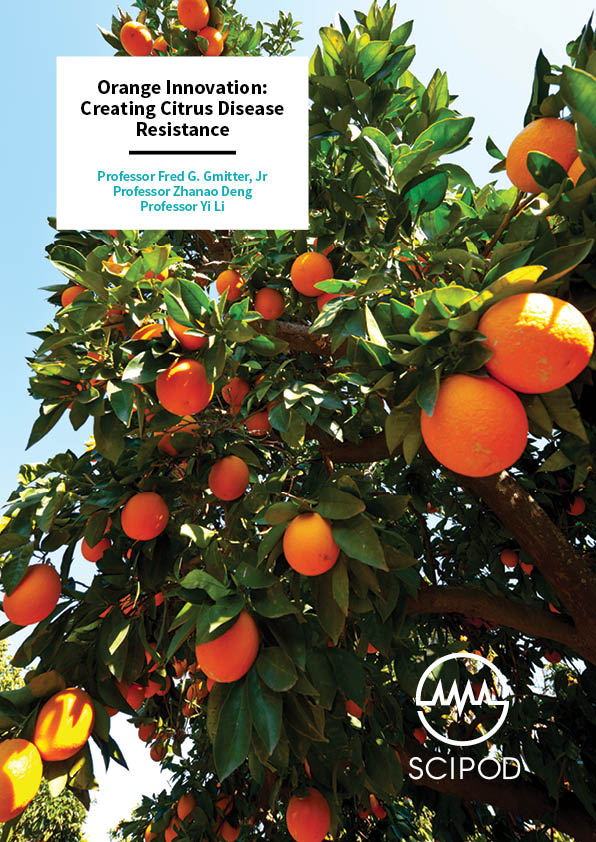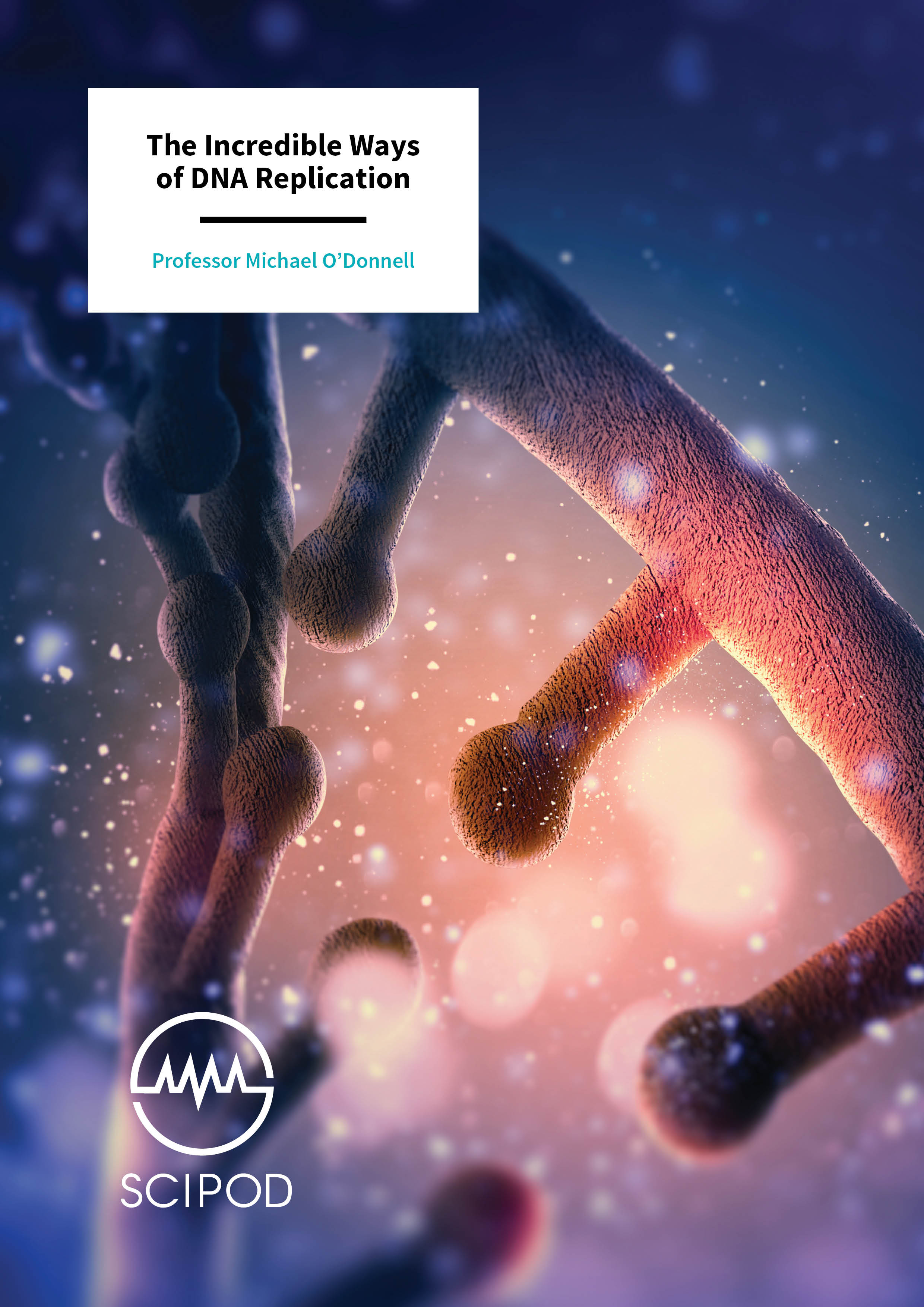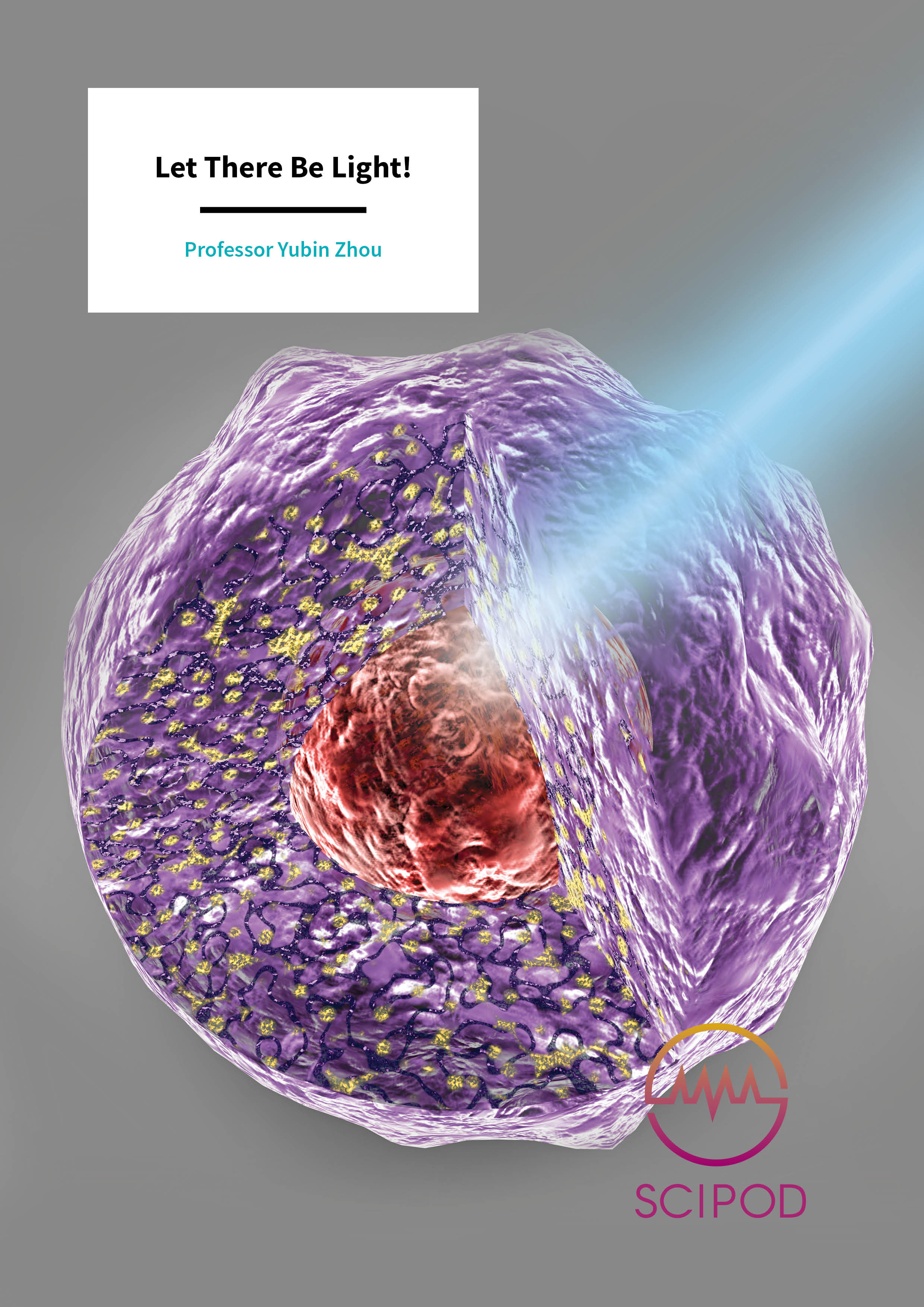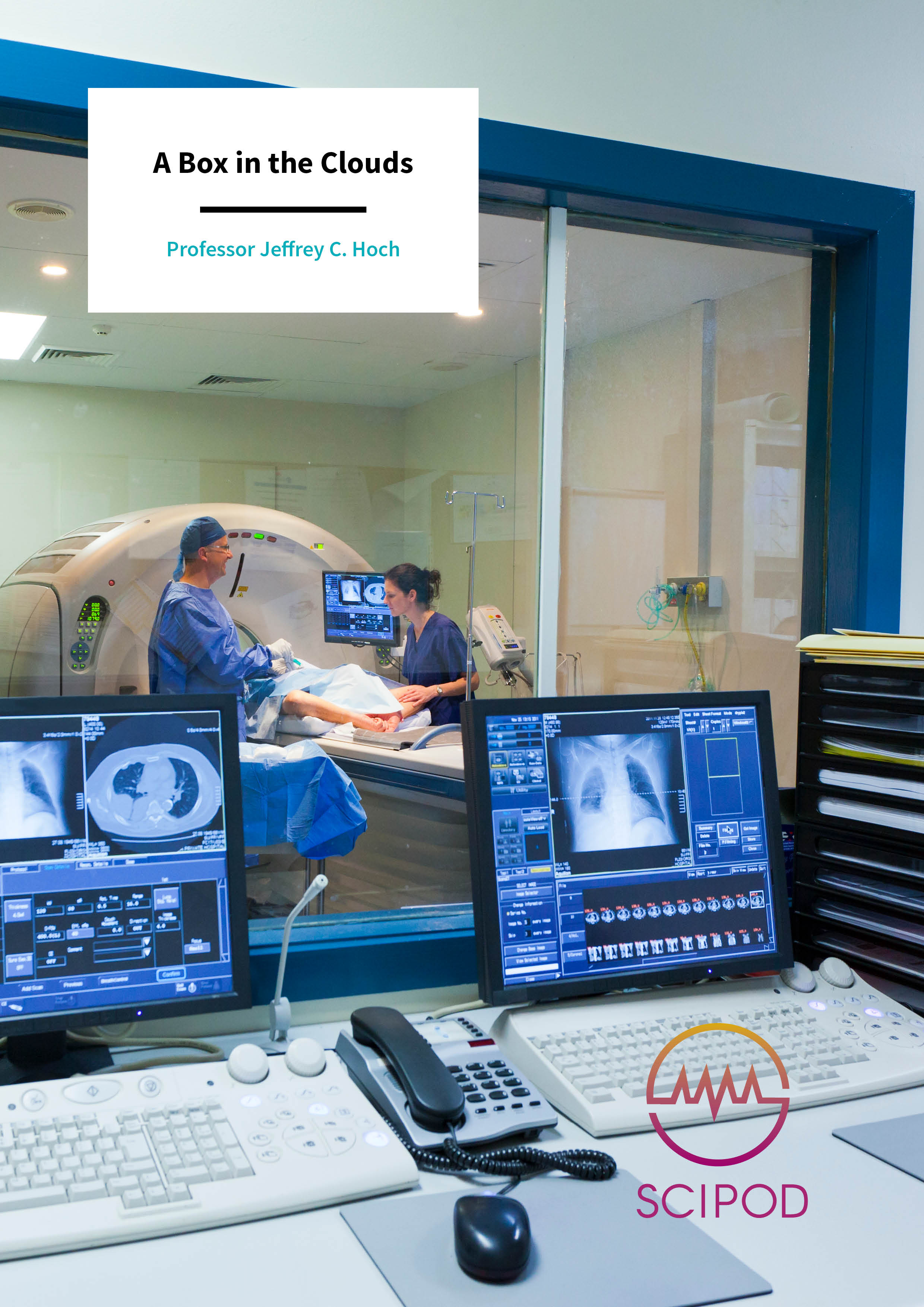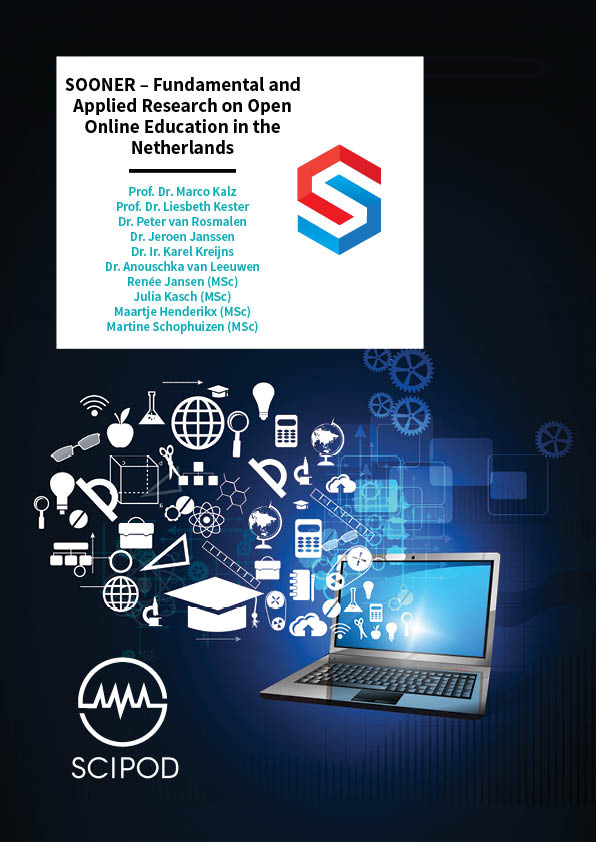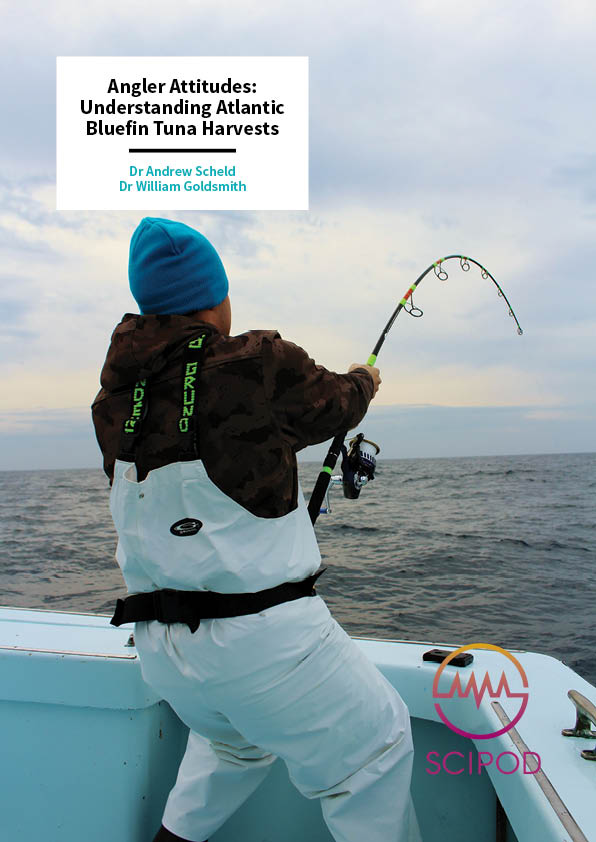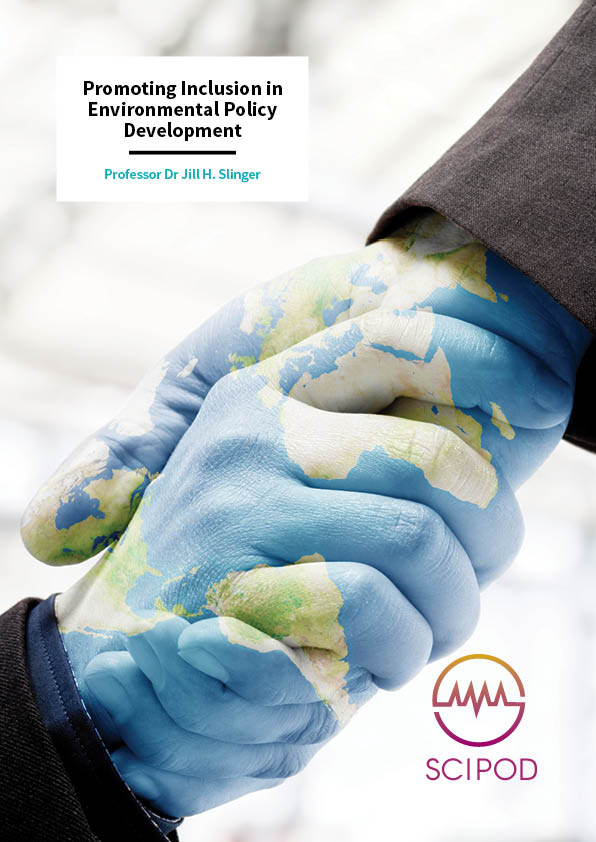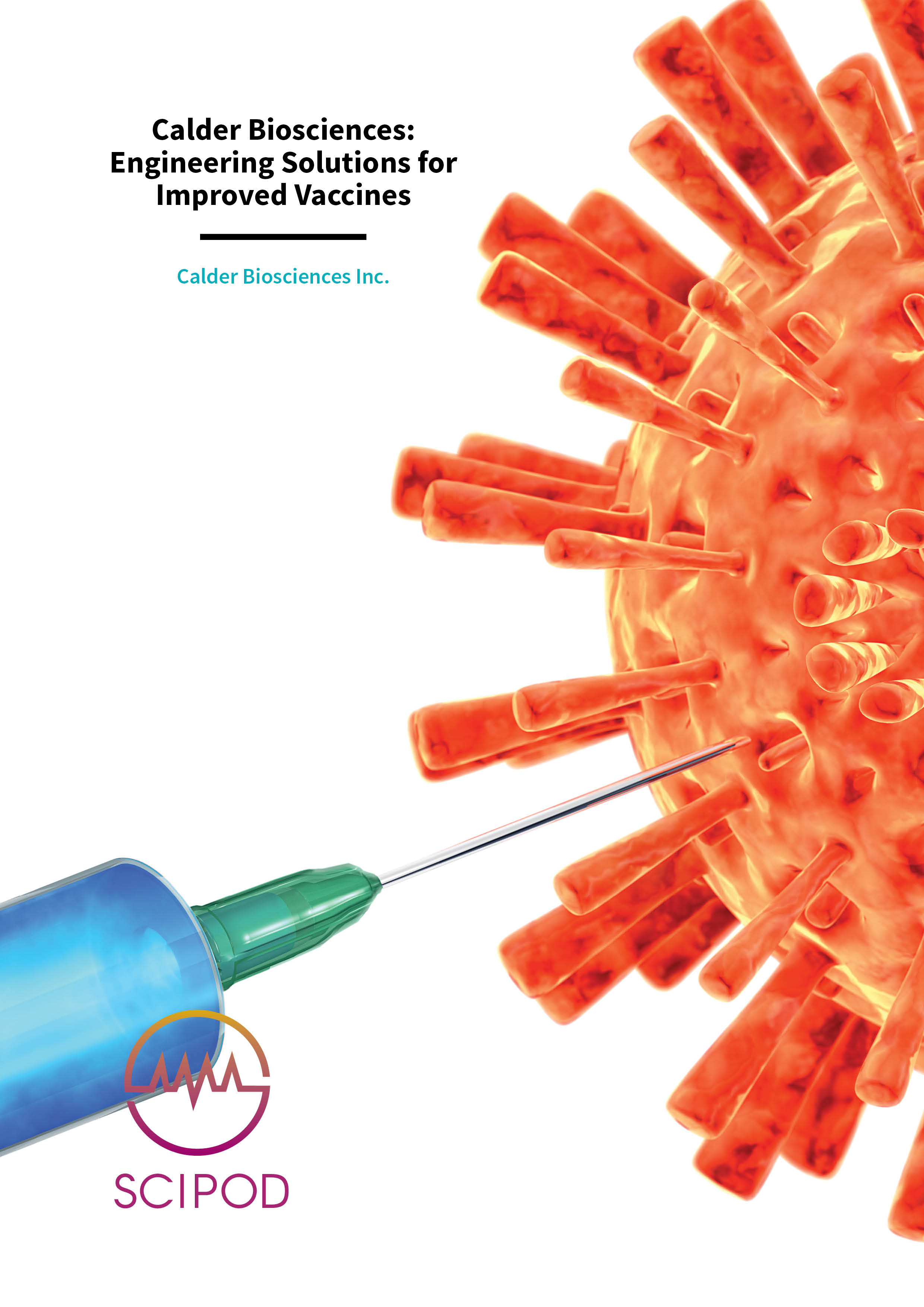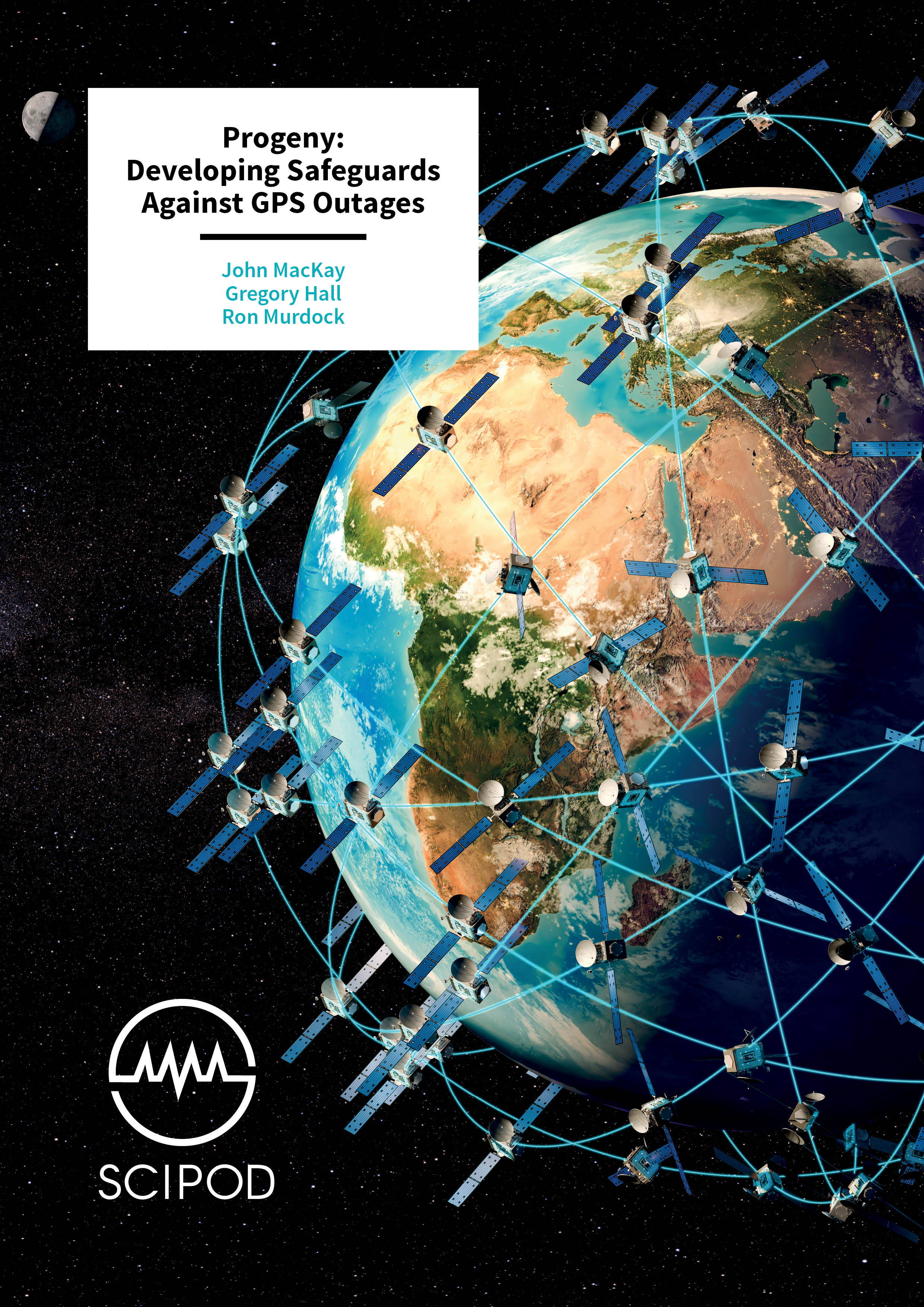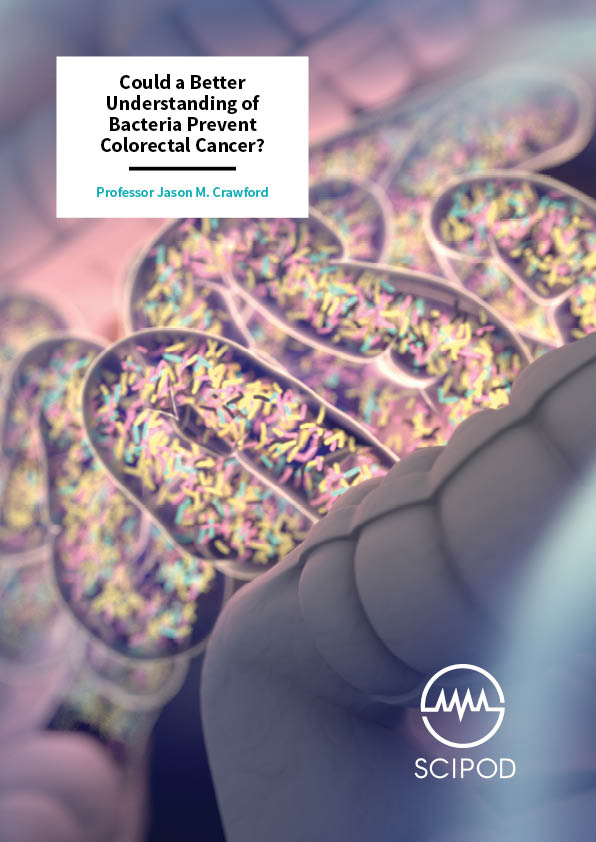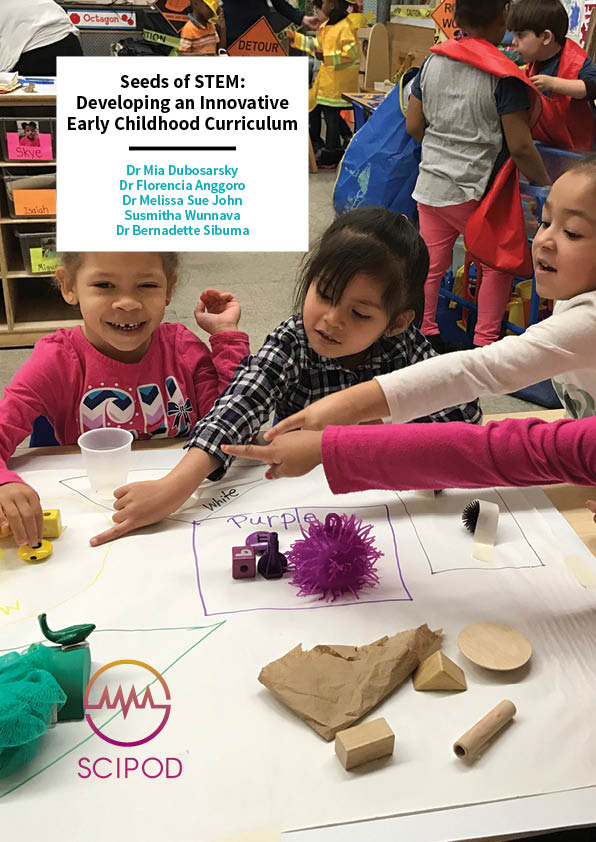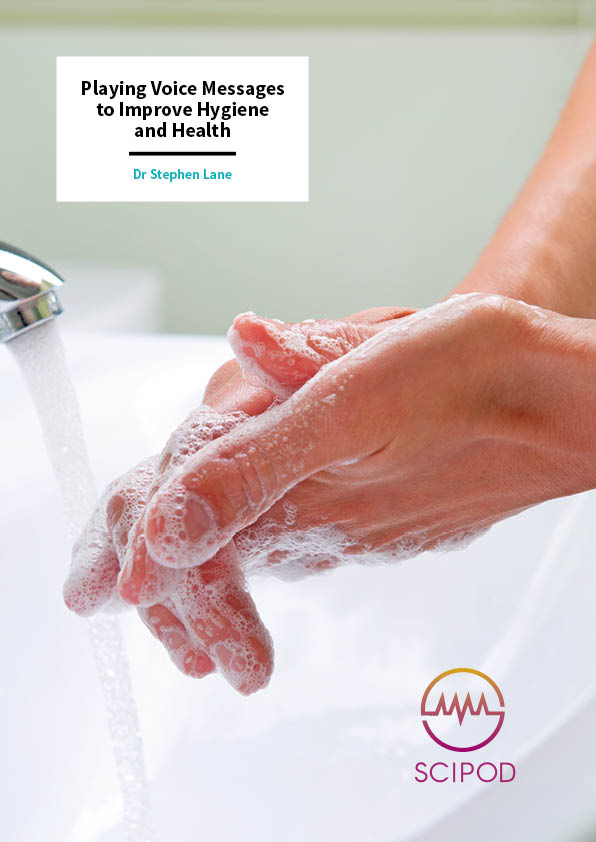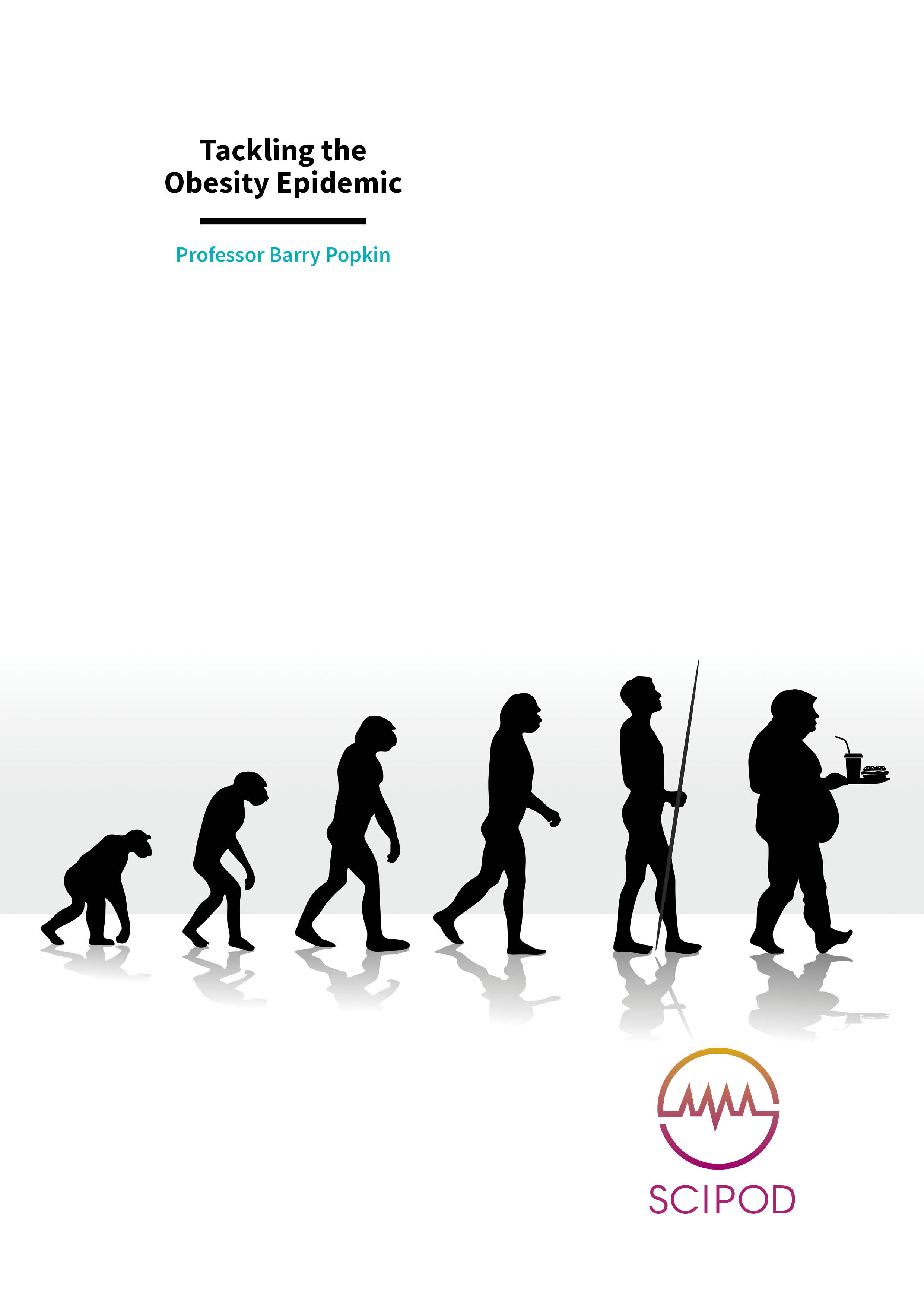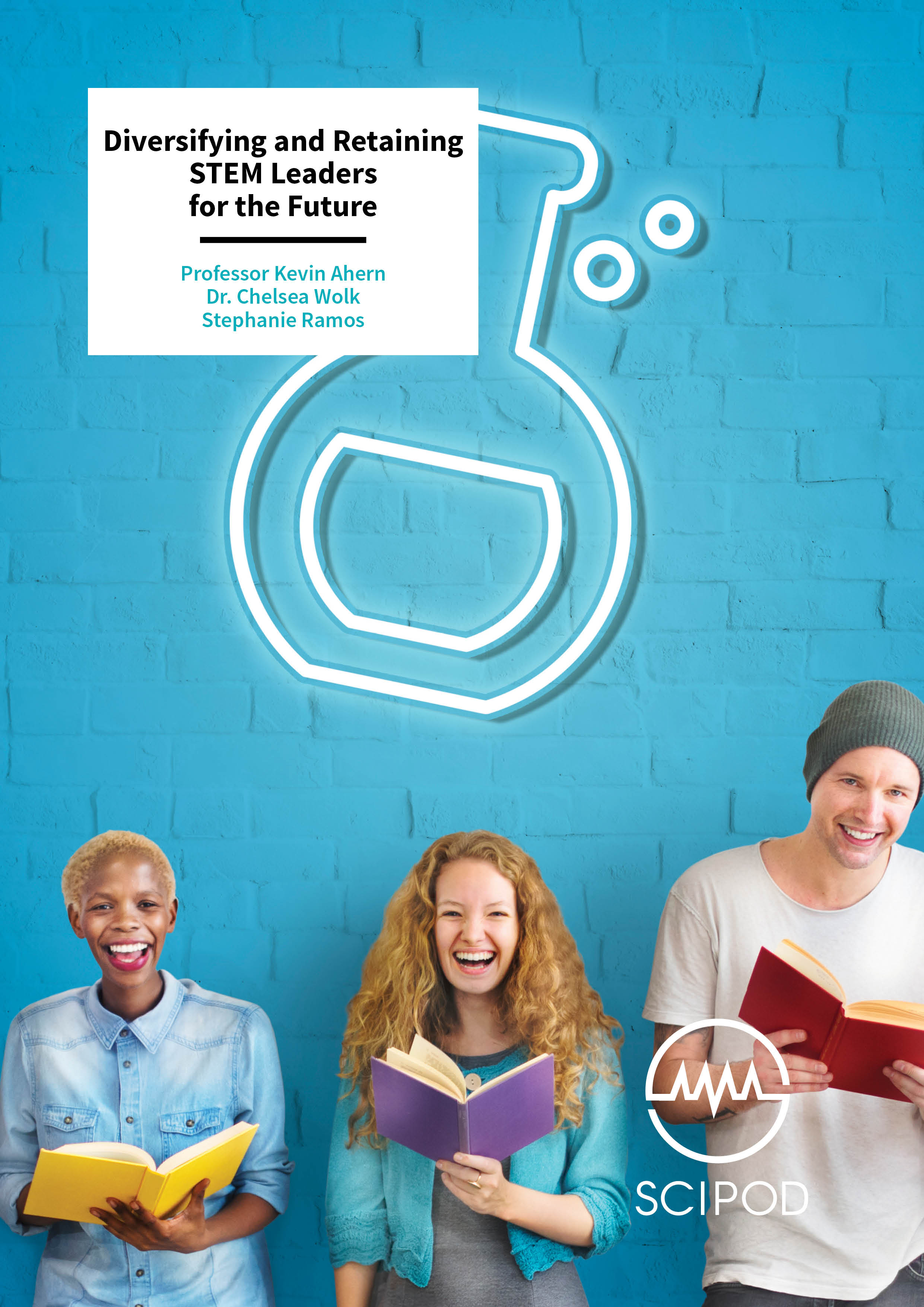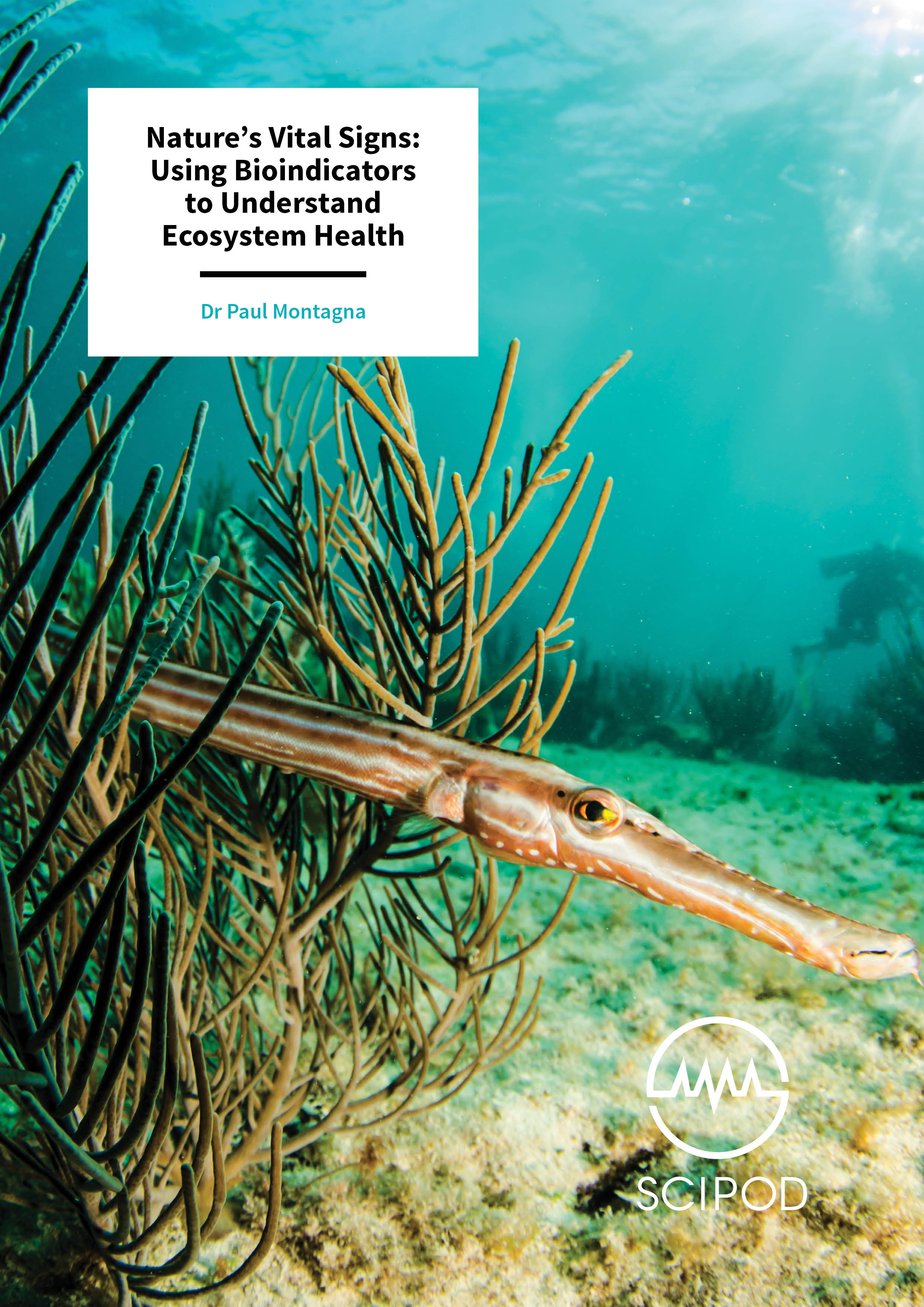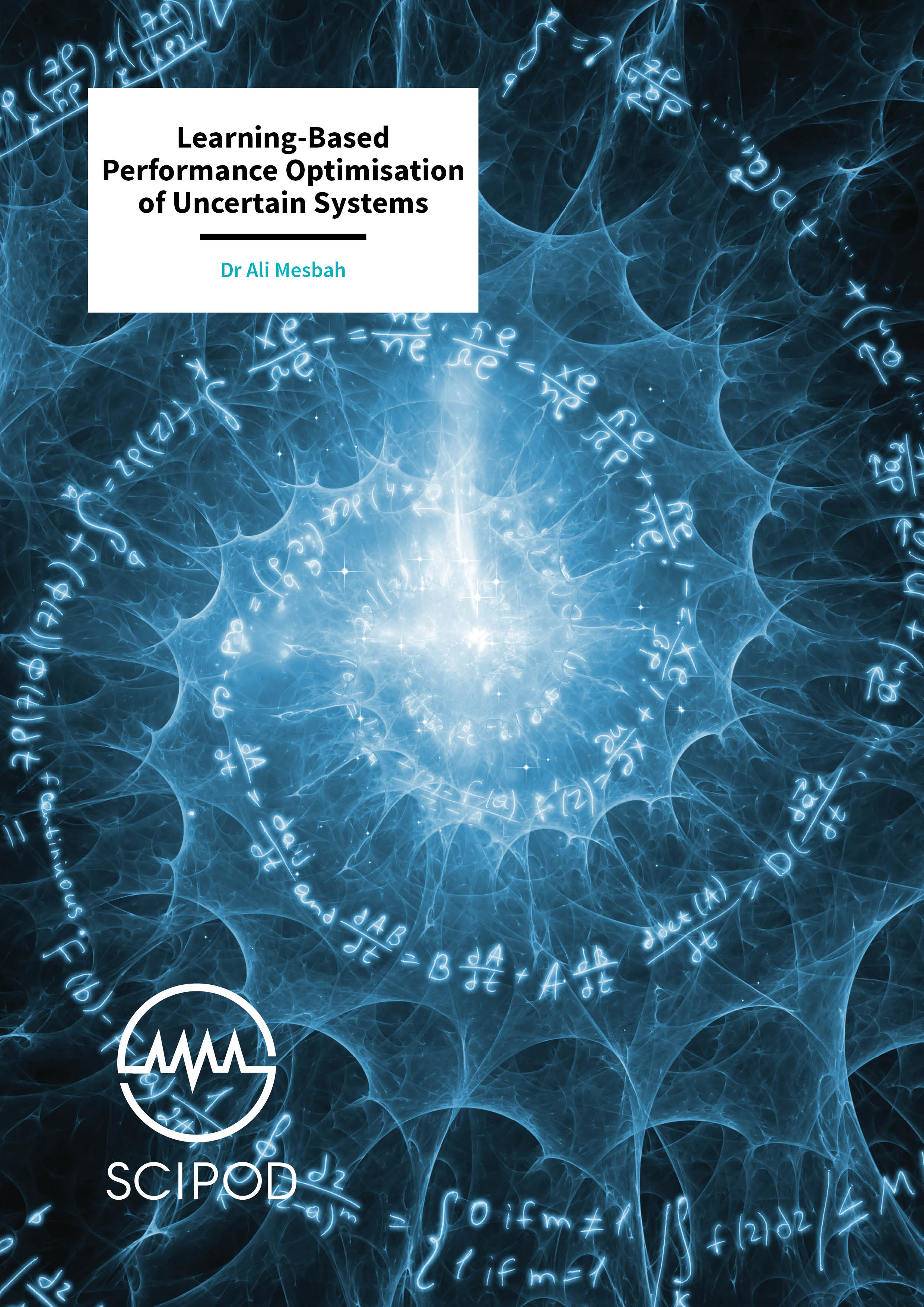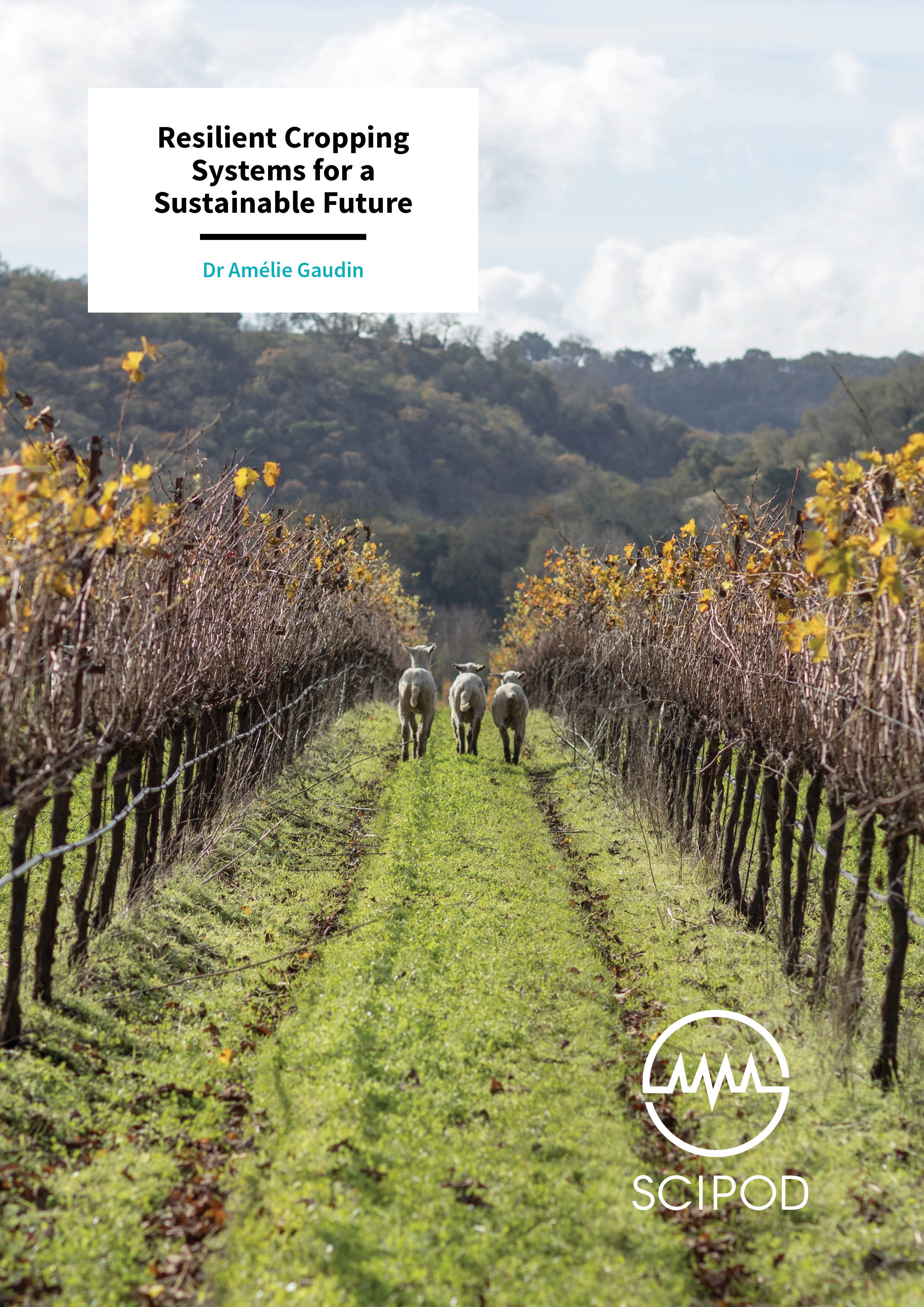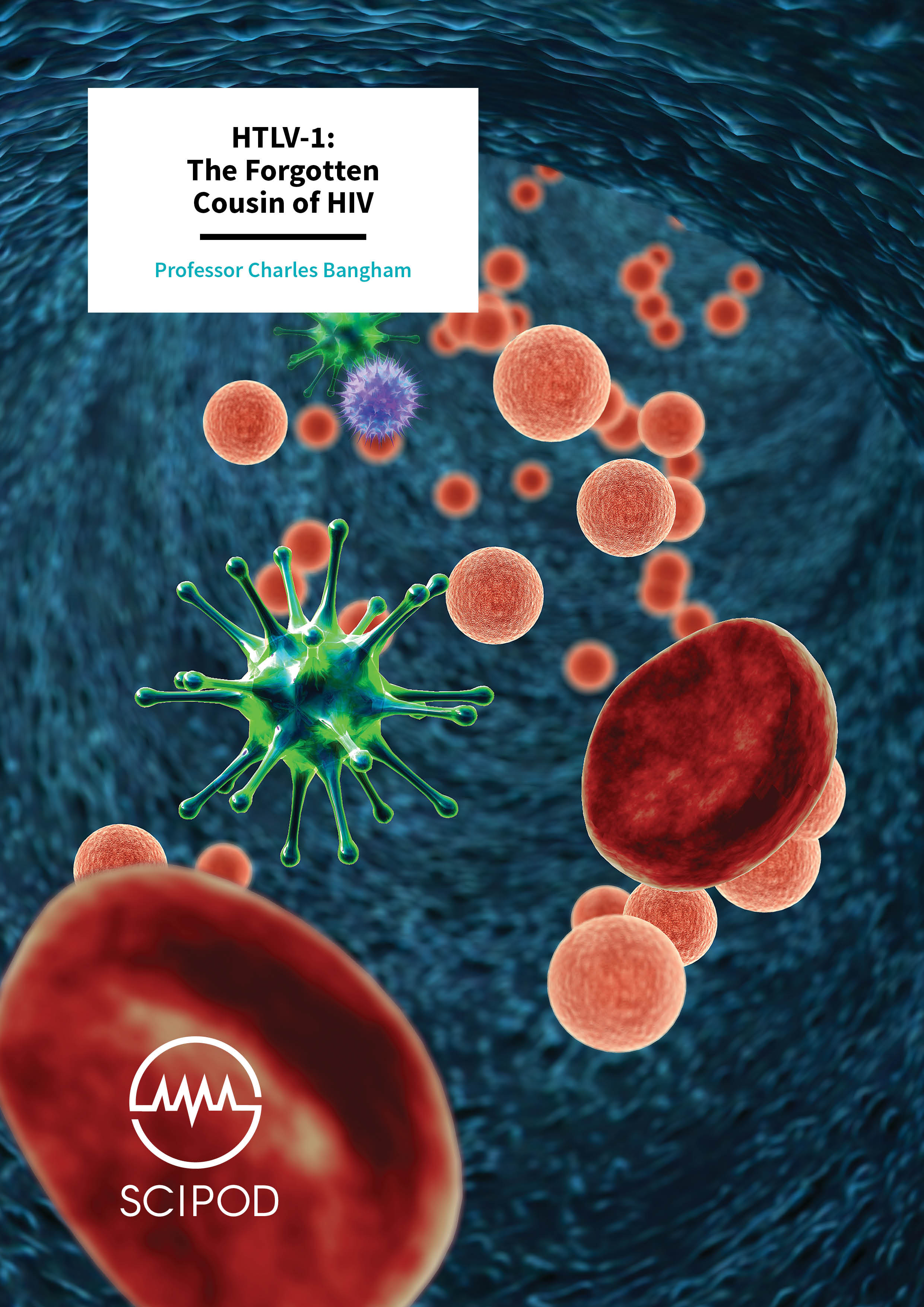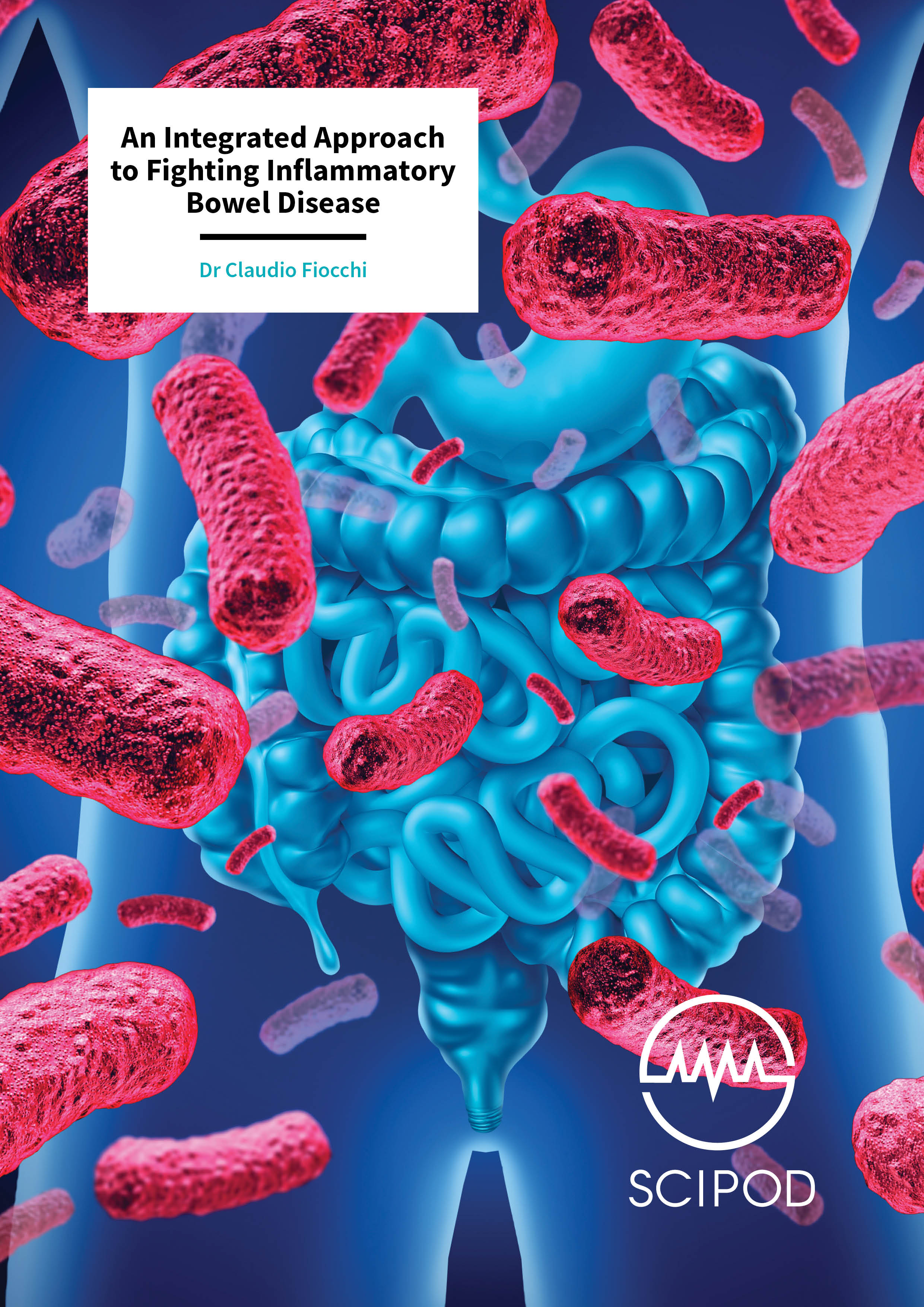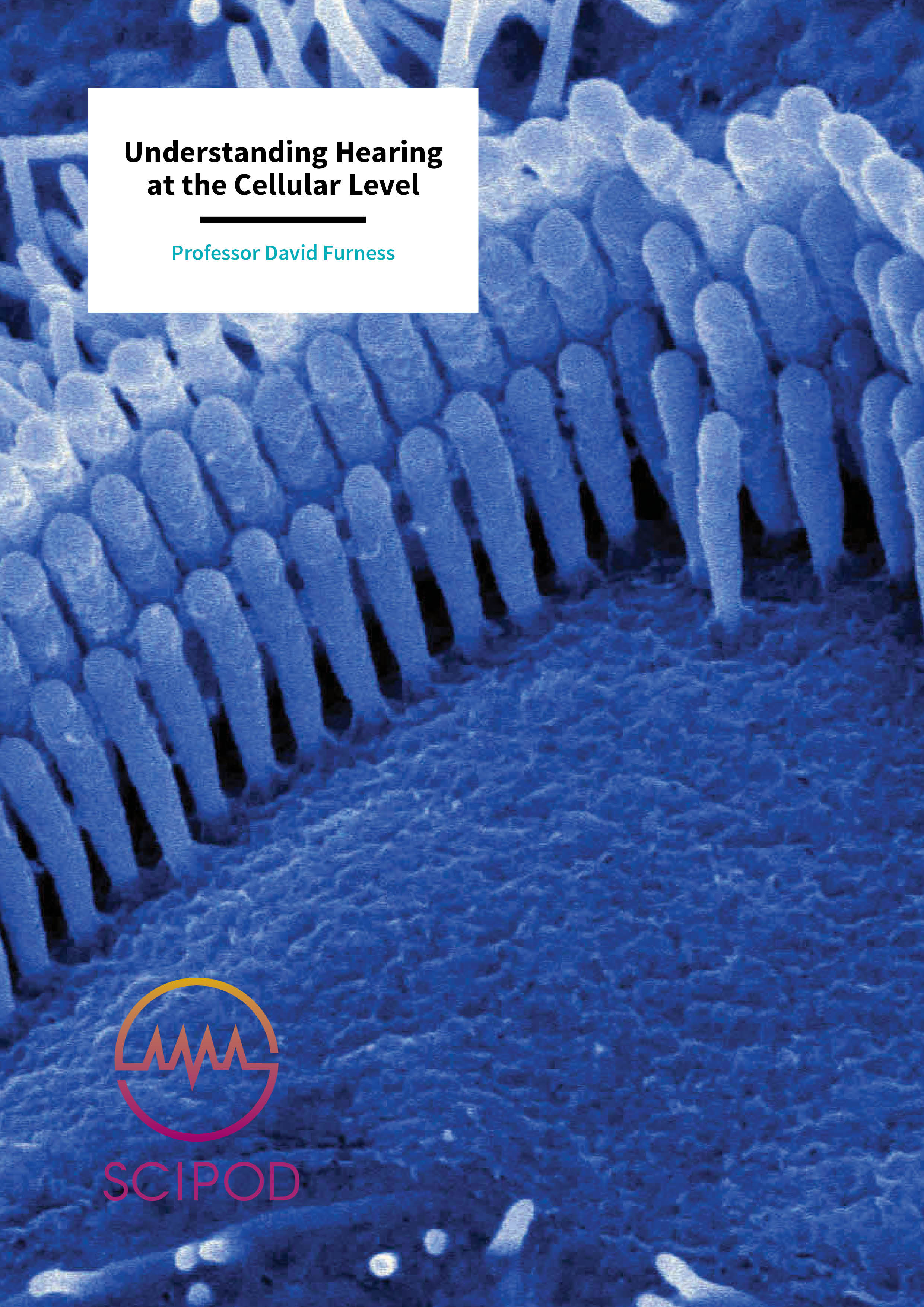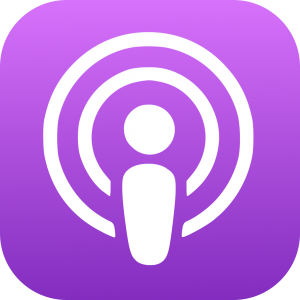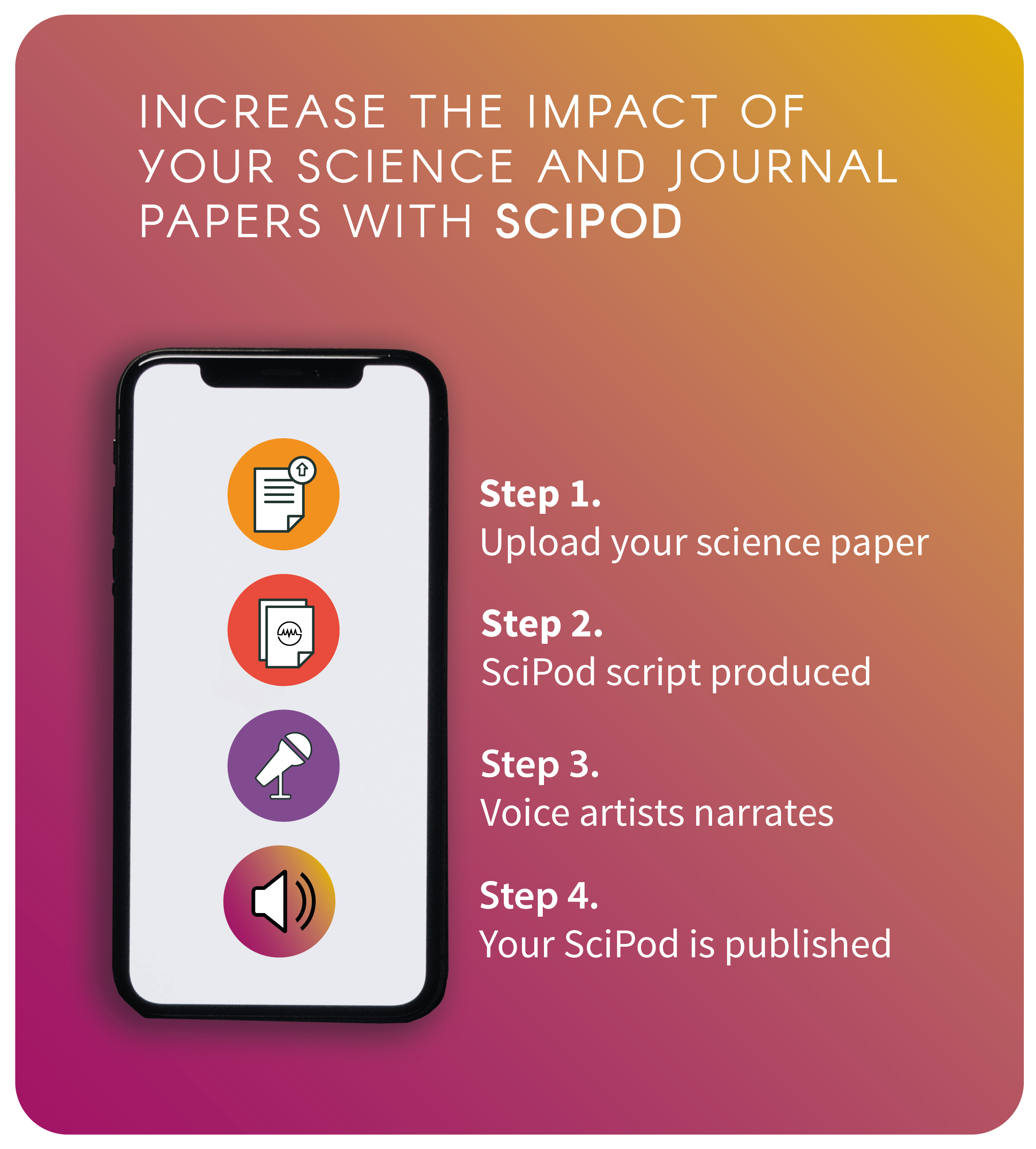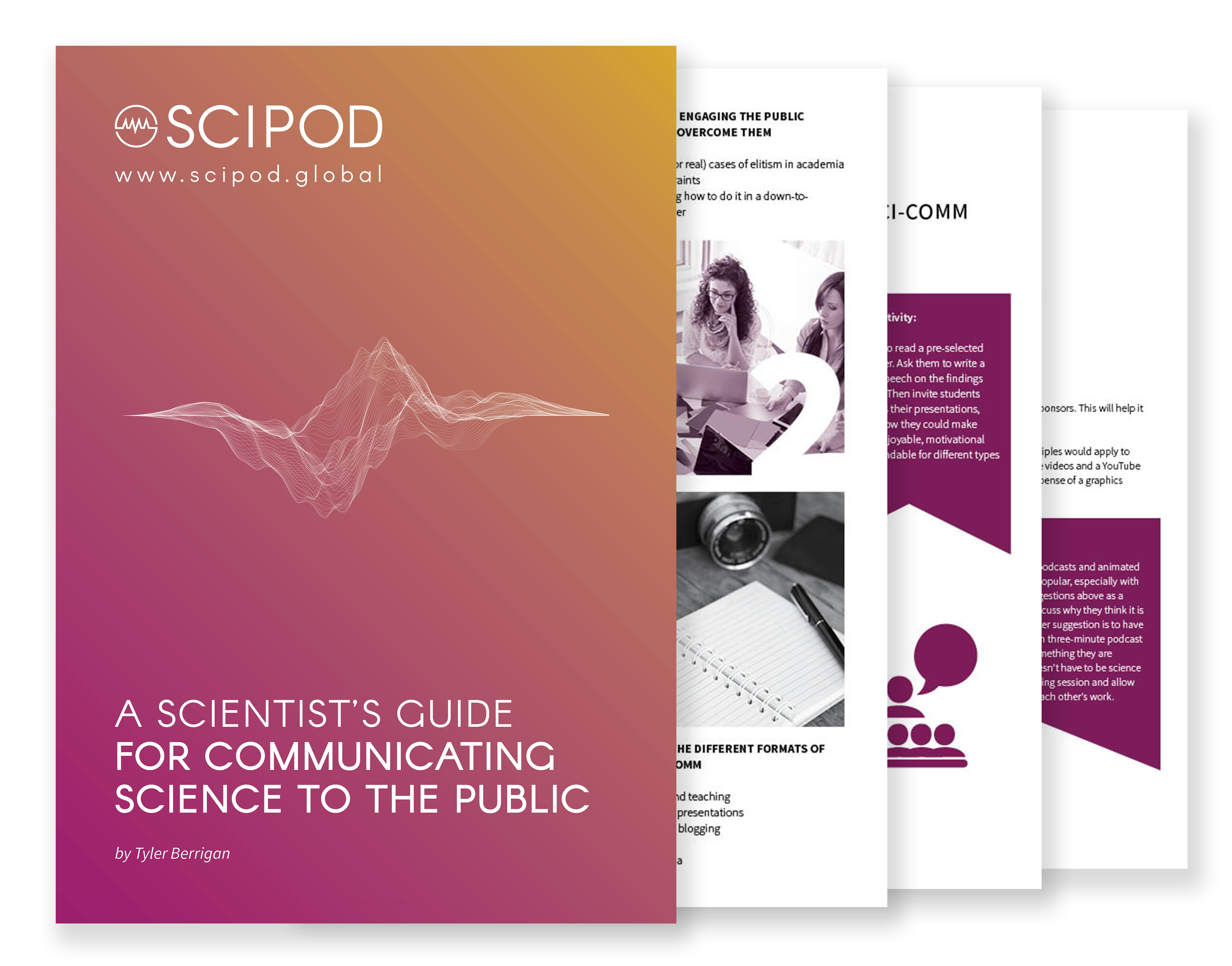Welcome to SciComm Radio
An exclusive interview series with leading scientists and science communicators
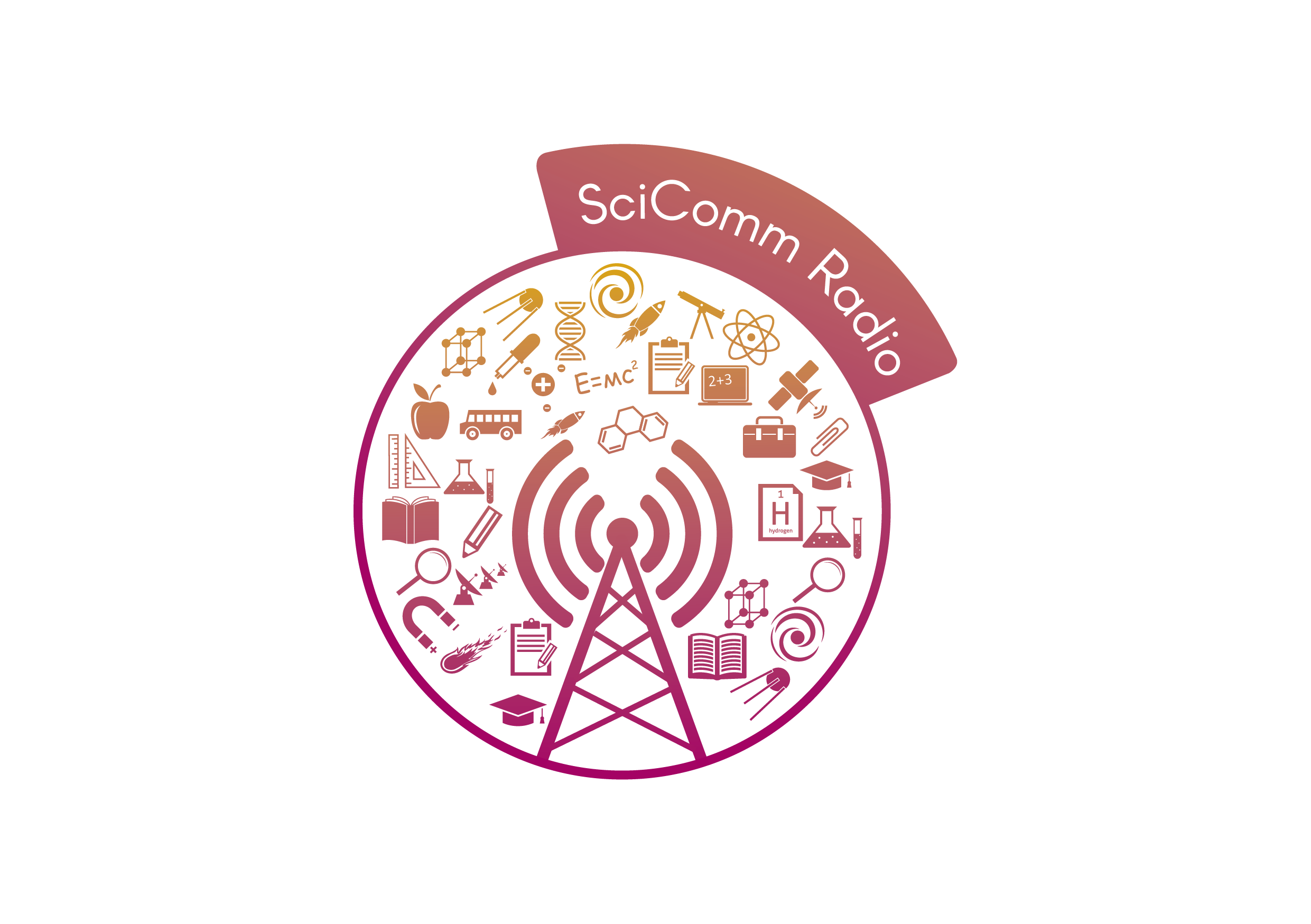
Click Below To Listen To A SciPod Radio Episode
Neurophilic Design, Who We Are and Where We Are – Professor Heidi Zeeman, Griffith University
Neurophilic Design, Who We Are and Where We Are – Professor Heidi Zeeman, Griffith University
Original Article Reference
https://doi.org/10.26320/SCIENTIA288
Share Episode
About this episode
This work is licensed under a Creative Commons Attribution 4.0 International License. 
What does this mean?
Share: You can copy and redistribute the material in any medium
or format
Adapt: You can change, and build upon the material for any
purpose, even commercially.
Credit: You must give appropriate credit, provide a link to the
license, and indicate if changes were made.
Related episodes
Increase the impact of your research
• Good science communication encourages everyday people to be scientifically literate so that they can analyse the integrity and legitimacy of information.
• Good science communication encourages people into STEM-related fields of study and employment.
• Good public science communication fosters a community around research that includes both members of the public, policymakers and scientists.
• In a recent survey, 75% of people suggested they would prefer to listen to an interesting story than read it.

Upload your science paper
Step 2
SciPod script written
Step 3
Voice audio recorded
Step 4
SciPod published
Voice of the Sea, Innovation in Science Communication – Professor Kanesa Duncan Seraphin, University of Hawai’i at Mānoa
Voice of the Sea, Innovation in Science Communication – Professor Kanesa Duncan Seraphin, University of Hawai’i at Mānoa
Original Article Reference
https://doi.org/10.26320/SCIENTIA292
Share Episode
About this episode
This work is licensed under a Creative Commons Attribution 4.0 International License. 
What does this mean?
Share: You can copy and redistribute the material in any medium
or format
Adapt: You can change, and build upon the material for any
purpose, even commercially.
Credit: You must give appropriate credit, provide a link to the
license, and indicate if changes were made.
Related episodes
Increase the impact of your research
• Good science communication encourages everyday people to be scientifically literate so that they can analyse the integrity and legitimacy of information.
• Good science communication encourages people into STEM-related fields of study and employment.
• Good public science communication fosters a community around research that includes both members of the public, policymakers and scientists.
• In a recent survey, 75% of people suggested they would prefer to listen to an interesting story than read it.

Upload your science paper
Step 2
SciPod script written
Step 3
Voice audio recorded
Step 4
SciPod published
An Innovative Approach to Vascular Drug Delivery – Cylerus
An Innovative Approach to Vascular Drug Delivery – Cylerus
Original Article Reference
https://doi.org/10.26320/SCIENTIA258
Share Episode
About this episode
This work is licensed under a Creative Commons Attribution 4.0 International License. 
What does this mean?
Share: You can copy and redistribute the material in any medium
or format
Adapt: You can change, and build upon the material for any
purpose, even commercially.
Credit: You must give appropriate credit, provide a link to the
license, and indicate if changes were made.
Related episodes
Increase the impact of your research
• Good science communication encourages everyday people to be scientifically literate so that they can analyse the integrity and legitimacy of information.
• Good science communication encourages people into STEM-related fields of study and employment.
• Good public science communication fosters a community around research that includes both members of the public, policymakers and scientists.
• In a recent survey, 75% of people suggested they would prefer to listen to an interesting story than read it.

Upload your science paper
Step 2
SciPod script written
Step 3
Voice audio recorded
Step 4
SciPod published
Spinal Cord Damage and Emerging Treatments – Dr Jerry Silver, Case Western Reserve University
Spinal Cord Damage and Emerging Treatments – Dr Jerry Silver, Case Western Reserve University
Original Article Reference
https://doi.org/10.33548/SCIENTIA324
Share Episode
About this episode
This work is licensed under a Creative Commons Attribution 4.0 International License. 
What does this mean?
Share: You can copy and redistribute the material in any medium
or format
Adapt: You can change, and build upon the material for any
purpose, even commercially.
Credit: You must give appropriate credit, provide a link to the
license, and indicate if changes were made.
Related episodes
Increase the impact of your research
• Good science communication encourages everyday people to be scientifically literate so that they can analyse the integrity and legitimacy of information.
• Good science communication encourages people into STEM-related fields of study and employment.
• Good public science communication fosters a community around research that includes both members of the public, policymakers and scientists.
• In a recent survey, 75% of people suggested they would prefer to listen to an interesting story than read it.

Upload your science paper
Step 2
SciPod script written
Step 3
Voice audio recorded
Step 4
SciPod published
Progeny Developing Safeguards Against GPS Outages-Progeny Systems Corporation Charleroi
Progeny Developing Safeguards Against GPS Outages-Progeny Systems Corporation Charleroi
Original Article Reference
https://doi.org/10.26320/SCIENTIA280
Share Episode
About this episode
With unprecedented advances in scientific research comes a growing body of data. Accurately interpreting these data is a significant obstacle to an improved understanding of biological systems and their behaviour during disease. To overcome this challenge, Dr Stuart C. Sealfon of the Icahn School of Medicine at Mount Sinai is pioneering innovative approaches that incorporate mathematical modelling and computational prediction to further our understanding of human diseases.
This work is licensed under a Creative Commons Attribution 4.0 International License. 
What does this mean?
Share: You can copy and redistribute the material in any medium
or format
Adapt: You can change, and build upon the material for any
purpose, even commercially.
Credit: You must give appropriate credit, provide a link to the
license, and indicate if changes were made.
Related episodes
Increase the impact of your research
• Good science communication encourages everyday people to be scientifically literate so that they can analyse the integrity and legitimacy of information.
• Good science communication encourages people into STEM-related fields of study and employment.
• Good public science communication fosters a community around research that includes both members of the public, policymakers and scientists.
• In a recent survey, 75% of people suggested they would prefer to listen to an interesting story than read it.

Upload your science paper
Step 2
SciPod script written
Step 3
Voice audio recorded
Step 4
SciPod published
Orange Innovation, Creating Citrus Disease Resistance – Professor Fred G. Gmitter, Jr, Professor Zhanao Deng, Professor Yi Li
Orange Innovation, Creating Citrus Disease Resistance – Professor Fred G. Gmitter, Jr, Professor Zhanao Deng, Professor Yi Li
Original Article Reference
https://doi.org/10.26320/SCIENTIA286
Share Episode
About this episode
Florida’s citrus industry is under threat from Huanglongbing (HLB, or citrus greening disease), a devastating plant disease. A collaboration between the University of Florida and the University of Connecticut aims to develop resistance to HLB in citrus plants, using conventional breeding and cutting-edge CRISPR gene-editing approaches.
This work is licensed under a Creative Commons Attribution 4.0 International License. 
What does this mean?
Share: You can copy and redistribute the material in any medium
or format
Adapt: You can change, and build upon the material for any
purpose, even commercially.
Credit: You must give appropriate credit, provide a link to the
license, and indicate if changes were made.
Related episodes
Increase the impact of your research
• Good science communication encourages everyday people to be scientifically literate so that they can analyse the integrity and legitimacy of information.
• Good science communication encourages people into STEM-related fields of study and employment.
• Good public science communication fosters a community around research that includes both members of the public, policymakers and scientists.
• In a recent survey, 75% of people suggested they would prefer to listen to an interesting story than read it.

Upload your science paper
Step 2
SciPod script written
Step 3
Voice audio recorded
Step 4
SciPod published
The Incredible Ways of DNA Replication – Professor Michael O’Donnell, The Rockefeller University
The Incredible Ways of DNA Replication – Professor Michael O’Donnell, The Rockefeller University
Original Article Reference
https://doi.org/10.33548/SCIENTIA427
Share Episode
About this episode
This work is licensed under a Creative Commons Attribution 4.0 International License. 
What does this mean?
Share: You can copy and redistribute the material in any medium
or format
Adapt: You can change, and build upon the material for any
purpose, even commercially.
Credit: You must give appropriate credit, provide a link to the
license, and indicate if changes were made.
Related episodes
Increase the impact of your research
• Good science communication encourages everyday people to be scientifically literate so that they can analyse the integrity and legitimacy of information.
• Good science communication encourages people into STEM-related fields of study and employment.
• Good public science communication fosters a community around research that includes both members of the public, policymakers and scientists.
• In a recent survey, 75% of people suggested they would prefer to listen to an interesting story than read it.

Upload your science paper
Step 2
SciPod script written
Step 3
Voice audio recorded
Step 4
SciPod published
Let There Be Light – Professor Yubin Zhou, Texas A&M University
Let There Be Light – Professor Yubin Zhou, Texas A&M University
Original Article Reference
https://doi.org/10.33548/SCIENTIA323
Share Episode
About this episode
This work is licensed under a Creative Commons Attribution 4.0 International License. 
What does this mean?
Share: You can copy and redistribute the material in any medium
or format
Adapt: You can change, and build upon the material for any
purpose, even commercially.
Credit: You must give appropriate credit, provide a link to the
license, and indicate if changes were made.
Related episodes
Increase the impact of your research
• Good science communication encourages everyday people to be scientifically literate so that they can analyse the integrity and legitimacy of information.
• Good science communication encourages people into STEM-related fields of study and employment.
• Good public science communication fosters a community around research that includes both members of the public, policymakers and scientists.
• In a recent survey, 75% of people suggested they would prefer to listen to an interesting story than read it.

Upload your science paper
Step 2
SciPod script written
Step 3
Voice audio recorded
Step 4
SciPod published
A Box in the Clouds – Professor Jeffrey C. Hoch, UConn Health
A Box in the Clouds – Professor Jeffrey C. Hoch, UConn Health
Original Article Reference
https://doi.org/10.33548/SCIENTIA322
Share Episode
About this episode
This work is licensed under a Creative Commons Attribution 4.0 International License. 
What does this mean?
Share: You can copy and redistribute the material in any medium
or format
Adapt: You can change, and build upon the material for any
purpose, even commercially.
Credit: You must give appropriate credit, provide a link to the
license, and indicate if changes were made.
Related episodes
Increase the impact of your research
• Good science communication encourages everyday people to be scientifically literate so that they can analyse the integrity and legitimacy of information.
• Good science communication encourages people into STEM-related fields of study and employment.
• Good public science communication fosters a community around research that includes both members of the public, policymakers and scientists.
• In a recent survey, 75% of people suggested they would prefer to listen to an interesting story than read it.

Upload your science paper
Step 2
SciPod script written
Step 3
Voice audio recorded
Step 4
SciPod published
SOONER – Fundamental and Applied Research on Open Online Education in the Netherlands
SOONER – Fundamental and Applied Research on Open Online Education in the Netherlands
Original Article Reference
https://doi.org/10.33548/SCIENTIA425
Share Episode
About this episode
This work is licensed under a Creative Commons Attribution 4.0 International License. 
What does this mean?
Share: You can copy and redistribute the material in any medium
or format
Adapt: You can change, and build upon the material for any
purpose, even commercially.
Credit: You must give appropriate credit, provide a link to the
license, and indicate if changes were made.
Related episodes
Increase the impact of your research
• Good science communication encourages everyday people to be scientifically literate so that they can analyse the integrity and legitimacy of information.
• Good science communication encourages people into STEM-related fields of study and employment.
• Good public science communication fosters a community around research that includes both members of the public, policymakers and scientists.
• In a recent survey, 75% of people suggested they would prefer to listen to an interesting story than read it.

Upload your science paper
Step 2
SciPod script written
Step 3
Voice audio recorded
Step 4
SciPod published
Angler Attitudes, Understanding Atlantic Bluefin Tuna Harvests – Drs Andrew Scheld & William Goldsmith, Virginia Institute of Marine Science
Angler Attitudes, Understanding Atlantic Bluefin Tuna Harvests – Drs Andrew Scheld & William Goldsmith, Virginia Institute of Marine Science
Original Article Reference
https://doi.org/10.26320/SCIENTIA274
Share Episode
About this episode
Scientists from the Virginia Institute of Marine Science at the College of William & Mary are working to understand what motivates fishermen to target Atlantic bluefin tuna. Collaborating with the fishing community, the team surveyed over 5,000 bluefin tuna fishermen to inform sustainable management efforts and maximise fishermen welfare across the Northeast Atlantic coast of the United States. The team’s work is critical to the conservation of this legendary species.
This work is licensed under a Creative Commons Attribution 4.0 International License. 
What does this mean?
Share: You can copy and redistribute the material in any medium
or format
Adapt: You can change, and build upon the material for any
purpose, even commercially.
Credit: You must give appropriate credit, provide a link to the
license, and indicate if changes were made.
Related episodes
Increase the impact of your research
• Good science communication encourages everyday people to be scientifically literate so that they can analyse the integrity and legitimacy of information.
• Good science communication encourages people into STEM-related fields of study and employment.
• Good public science communication fosters a community around research that includes both members of the public, policymakers and scientists.
• In a recent survey, 75% of people suggested they would prefer to listen to an interesting story than read it.

Upload your science paper
Step 2
SciPod script written
Step 3
Voice audio recorded
Step 4
SciPod published
Promoting Inclusion in Environmental Policy Development – Professor Dr Jill H. Slinger, Delft University of Technology
Promoting Inclusion in Environmental Policy Development – Professor Dr Jill H. Slinger, Delft University of Technology
Original Article Reference
https://doi.org/10.26320/SCIENTIA260
Share Episode
About this episode
This work is licensed under a Creative Commons Attribution 4.0 International License. 
What does this mean?
Share: You can copy and redistribute the material in any medium
or format
Adapt: You can change, and build upon the material for any
purpose, even commercially.
Credit: You must give appropriate credit, provide a link to the
license, and indicate if changes were made.
Related episodes
Increase the impact of your research
• Good science communication encourages everyday people to be scientifically literate so that they can analyse the integrity and legitimacy of information.
• Good science communication encourages people into STEM-related fields of study and employment.
• Good public science communication fosters a community around research that includes both members of the public, policymakers and scientists.
• In a recent survey, 75% of people suggested they would prefer to listen to an interesting story than read it.

Upload your science paper
Step 2
SciPod script written
Step 3
Voice audio recorded
Step 4
SciPod published
Engineering Solutions for Improved Vaccines – Calder Biosciences Inc.
Engineering Solutions for Improved Vaccines – Calder Biosciences Inc.
Original Article Reference
https://doi.org/10.26320/SCIENTIA316
Share Episode
About this episode
Designing better vaccines is the end goal for Calder Biosciences Inc., a company that has found a new way to engineer vaccines, ensuring greater stability, prolonging their duration in the body and thereby enhancing protection. Using a natural chemical reaction known as di-tyrosine (DT) crosslinking, Calder is creating safe and potent vaccines against viruses.
This work is licensed under a Creative Commons Attribution 4.0 International License. 
What does this mean?
Share: You can copy and redistribute the material in any medium
or format
Adapt: You can change, and build upon the material for any
purpose, even commercially.
Credit: You must give appropriate credit, provide a link to the
license, and indicate if changes were made.
Related episodes
Increase the impact of your research
• Good science communication encourages everyday people to be scientifically literate so that they can analyse the integrity and legitimacy of information.
• Good science communication encourages people into STEM-related fields of study and employment.
• Good public science communication fosters a community around research that includes both members of the public, policymakers and scientists.
• In a recent survey, 75% of people suggested they would prefer to listen to an interesting story than read it.

Upload your science paper
Step 2
SciPod script written
Step 3
Voice audio recorded
Step 4
SciPod published
Progeny Developing Safeguards Against GPS Outages – Progeny Systems Corporation
Progeny Developing Safeguards Against GPS Outages – Progeny Systems Corporation
Original Article Reference
https://doi.org/10.33548/SCIENTIA437
Share Episode
About this episode
Global Navigation Satellite Systems such as GPS are the backbone of many global communications, but they are not immune to failure. Progeny Systems Corporation is dedicated to mitigating such disasters if and when satellite-based communications fail, by developing Earth-based systems that work in comparable ways to synchronised satellite networks. As an alternative to GPS, the company’s technology could provide communicating parties with a crucial yet inexpensive safeguard against future failures.
This work is licensed under a Creative Commons Attribution 4.0 International License. 
What does this mean?
Share: You can copy and redistribute the material in any medium
or format
Adapt: You can change, and build upon the material for any
purpose, even commercially.
Credit: You must give appropriate credit, provide a link to the
license, and indicate if changes were made.
Related episodes
Increase the impact of your research
• Good science communication encourages everyday people to be scientifically literate so that they can analyse the integrity and legitimacy of information.
• Good science communication encourages people into STEM-related fields of study and employment.
• Good public science communication fosters a community around research that includes both members of the public, policymakers and scientists.
• In a recent survey, 75% of people suggested they would prefer to listen to an interesting story than read it.

Upload your science paper
Step 2
SciPod script written
Step 3
Voice audio recorded
Step 4
SciPod published
Could a Better Understanding of Bacteria Prevent Colorectal Cancer- Professor Jason M. Crawford, Yale University
Could a Better Understanding of Bacteria Prevent Colorectal Cancer- Professor Jason M. Crawford, Yale University
Original Article Reference
https://doi.org/10.26320/SCIENTIA247
Share Episode
About this episode
Our digestive system contains trillions of bacterial cells, constituting a highly diverse community of microorganisms living within us that can influence human physiology and cause disease. Dr Jason Crawford at Yale University has extensively researched some of the more harmful bacterial strains, looking at how they promote inflammation and colorectal cancer.
This work is licensed under a Creative Commons Attribution 4.0 International License. 
What does this mean?
Share: You can copy and redistribute the material in any medium
or format
Adapt: You can change, and build upon the material for any
purpose, even commercially.
Credit: You must give appropriate credit, provide a link to the
license, and indicate if changes were made.
Related episodes
Increase the impact of your research
• Good science communication encourages everyday people to be scientifically literate so that they can analyse the integrity and legitimacy of information.
• Good science communication encourages people into STEM-related fields of study and employment.
• Good public science communication fosters a community around research that includes both members of the public, policymakers and scientists.
• In a recent survey, 75% of people suggested they would prefer to listen to an interesting story than read it.

Upload your science paper
Step 2
SciPod script written
Step 3
Voice audio recorded
Step 4
SciPod published
Improving Electrode Microstructural Dynamics & Battery Performance – Dr Partha P. Mukherjee, Purdue University
Improving Electrode Microstructural Dynamics & Battery Performance – Dr Partha P. Mukherjee, Purdue University
Original Article Reference
https://doi.org/10.26320/SCIENTIA259
Share Episode
About this episode
This work is licensed under a Creative Commons Attribution 4.0 International License. 
What does this mean?
Share: You can copy and redistribute the material in any medium
or format
Adapt: You can change, and build upon the material for any
purpose, even commercially.
Credit: You must give appropriate credit, provide a link to the
license, and indicate if changes were made.
Related episodes
Increase the impact of your research
• Good science communication encourages everyday people to be scientifically literate so that they can analyse the integrity and legitimacy of information.
• Good science communication encourages people into STEM-related fields of study and employment.
• Good public science communication fosters a community around research that includes both members of the public, policymakers and scientists.
• In a recent survey, 75% of people suggested they would prefer to listen to an interesting story than read it.

Upload your science paper
Step 2
SciPod script written
Step 3
Voice audio recorded
Step 4
SciPod published
Seeds of STEM – Developing an Innovative Early Childhood Curriculum
Seeds of STEM – Developing an Innovative Early Childhood Curriculum
Original Article Reference
https://doi.org/10.26320/SCIENTIA248
Share Episode
About this episode
This work is licensed under a Creative Commons Attribution 4.0 International License. 
What does this mean?
Share: You can copy and redistribute the material in any medium
or format
Adapt: You can change, and build upon the material for any
purpose, even commercially.
Credit: You must give appropriate credit, provide a link to the
license, and indicate if changes were made.
Related episodes
Increase the impact of your research
• Good science communication encourages everyday people to be scientifically literate so that they can analyse the integrity and legitimacy of information.
• Good science communication encourages people into STEM-related fields of study and employment.
• Good public science communication fosters a community around research that includes both members of the public, policymakers and scientists.
• In a recent survey, 75% of people suggested they would prefer to listen to an interesting story than read it.

Upload your science paper
Step 2
SciPod script written
Step 3
Voice audio recorded
Step 4
SciPod published
Playing Voice Messages to Improve Hygiene and Health – Dr Stephen Lane, Stargates Inc.
Playing Voice Messages to Improve Hygiene and Health – Dr Stephen Lane, Stargates Inc.
Original Article Reference
https://doi.org/10.26320/SCIENTIA253
Share Episode
About this episode
This work is licensed under a Creative Commons Attribution 4.0 International License. 
What does this mean?
Share: You can copy and redistribute the material in any medium
or format
Adapt: You can change, and build upon the material for any
purpose, even commercially.
Credit: You must give appropriate credit, provide a link to the
license, and indicate if changes were made.
Related episodes
Increase the impact of your research
• Good science communication encourages everyday people to be scientifically literate so that they can analyse the integrity and legitimacy of information.
• Good science communication encourages people into STEM-related fields of study and employment.
• Good public science communication fosters a community around research that includes both members of the public, policymakers and scientists.
• In a recent survey, 75% of people suggested they would prefer to listen to an interesting story than read it.

Upload your science paper
Step 2
SciPod script written
Step 3
Voice audio recorded
Step 4
SciPod published
Wolfspeed & International Femtoscience – Creating a New Generation of Capacitors
Wolfspeed & International Femtoscience – Creating a New Generation of Capacitors
Original Article Reference
https://doi.org/10.26320/SCIENTIA246
Share Episode
About this episode
This work is licensed under a Creative Commons Attribution 4.0 International License. 
What does this mean?
Share: You can copy and redistribute the material in any medium
or format
Adapt: You can change, and build upon the material for any
purpose, even commercially.
Credit: You must give appropriate credit, provide a link to the
license, and indicate if changes were made.
Related episodes
Increase the impact of your research
• Good science communication encourages everyday people to be scientifically literate so that they can analyse the integrity and legitimacy of information.
• Good science communication encourages people into STEM-related fields of study and employment.
• Good public science communication fosters a community around research that includes both members of the public, policymakers and scientists.
• In a recent survey, 75% of people suggested they would prefer to listen to an interesting story than read it.

Upload your science paper
Step 2
SciPod script written
Step 3
Voice audio recorded
Step 4
SciPod published
Tackling the Obesity Epidemic – Professor Barry Popkin, University of North Carolina
Tackling the Obesity Epidemic – Professor Barry Popkin, University of North Carolina
Original Article Reference
https://doi.org/10.26320/SCIENTIA250
Share Episode
About this episode
This work is licensed under a Creative Commons Attribution 4.0 International License. 
What does this mean?
Share: You can copy and redistribute the material in any medium
or format
Adapt: You can change, and build upon the material for any
purpose, even commercially.
Credit: You must give appropriate credit, provide a link to the
license, and indicate if changes were made.
Related episodes
Increase the impact of your research
• Good science communication encourages everyday people to be scientifically literate so that they can analyse the integrity and legitimacy of information.
• Good science communication encourages people into STEM-related fields of study and employment.
• Good public science communication fosters a community around research that includes both members of the public, policymakers and scientists.
• In a recent survey, 75% of people suggested they would prefer to listen to an interesting story than read it.

Upload your science paper
Step 2
SciPod script written
Step 3
Voice audio recorded
Step 4
SciPod published
Combatting Cancer – Breakthrough Research Against the Dreaded Disease – Dr Anthony Berdis and Dr Jung-Suk Choi
Combatting Cancer – Breakthrough Research Against the Dreaded Disease – Dr Anthony Berdis and Dr Jung-Suk Choi
Original Article Reference
https://doi.org/10.26320/SCIENTIA235
Share Episode
About this episode
This work is licensed under a Creative Commons Attribution 4.0 International License. 
What does this mean?
Share: You can copy and redistribute the material in any medium
or format
Adapt: You can change, and build upon the material for any
purpose, even commercially.
Credit: You must give appropriate credit, provide a link to the
license, and indicate if changes were made.
Related episodes
Increase the impact of your research
• Good science communication encourages everyday people to be scientifically literate so that they can analyse the integrity and legitimacy of information.
• Good science communication encourages people into STEM-related fields of study and employment.
• Good public science communication fosters a community around research that includes both members of the public, policymakers and scientists.
• In a recent survey, 75% of people suggested they would prefer to listen to an interesting story than read it.

Upload your science paper
Step 2
SciPod script written
Step 3
Voice audio recorded
Step 4
SciPod published
Diversifying and Retaining STEM Leaders for the Future – Professor Kevin Ahern, Dr. Chelsea Wolk and Stephanie Ramos
Diversifying and Retaining STEM Leaders for the Future – Professor Kevin Ahern, Dr. Chelsea Wolk and Stephanie Ramos
Original Article Reference
https://doi.org/10.26320/SCIENTIA242
Share Episode
About this episode
This work is licensed under a Creative Commons Attribution 4.0 International License. 
What does this mean?
Share: You can copy and redistribute the material in any medium
or format
Adapt: You can change, and build upon the material for any
purpose, even commercially.
Credit: You must give appropriate credit, provide a link to the
license, and indicate if changes were made.
Related episodes
Increase the impact of your research
• Good science communication encourages everyday people to be scientifically literate so that they can analyse the integrity and legitimacy of information.
• Good science communication encourages people into STEM-related fields of study and employment.
• Good public science communication fosters a community around research that includes both members of the public, policymakers and scientists.
• In a recent survey, 75% of people suggested they would prefer to listen to an interesting story than read it.

Upload your science paper
Step 2
SciPod script written
Step 3
Voice audio recorded
Step 4
SciPod published
Nature’s Vital Signs, Using Bioindicators to Understand Ecosystem Health – Dr Paul Montagna, Texas A&M
Nature’s Vital Signs, Using Bioindicators to Understand Ecosystem Health – Dr Paul Montagna, Texas A&M
Original Article Reference
https://doi.org/10.26320/SCIENTIA243
Share Episode
About this episode
This work is licensed under a Creative Commons Attribution 4.0 International License. 
What does this mean?
Share: You can copy and redistribute the material in any medium
or format
Adapt: You can change, and build upon the material for any
purpose, even commercially.
Credit: You must give appropriate credit, provide a link to the
license, and indicate if changes were made.
Related episodes
Increase the impact of your research
• Good science communication encourages everyday people to be scientifically literate so that they can analyse the integrity and legitimacy of information.
• Good science communication encourages people into STEM-related fields of study and employment.
• Good public science communication fosters a community around research that includes both members of the public, policymakers and scientists.
• In a recent survey, 75% of people suggested they would prefer to listen to an interesting story than read it.

Upload your science paper
Step 2
SciPod script written
Step 3
Voice audio recorded
Step 4
SciPod published
Learning-Based Performance Optimisation of Uncertain Systems – Dr Ali Mesbah, University of California
Learning-Based Performance Optimisation of Uncertain Systems – Dr Ali Mesbah, University of California
Original Article Reference
https://doi.org/10.26320/SCIENTIA240
Share Episode
About this episode
This work is licensed under a Creative Commons Attribution 4.0 International License. 
What does this mean?
Share: You can copy and redistribute the material in any medium
or format
Adapt: You can change, and build upon the material for any
purpose, even commercially.
Credit: You must give appropriate credit, provide a link to the
license, and indicate if changes were made.
Related episodes
Increase the impact of your research
• Good science communication encourages everyday people to be scientifically literate so that they can analyse the integrity and legitimacy of information.
• Good science communication encourages people into STEM-related fields of study and employment.
• Good public science communication fosters a community around research that includes both members of the public, policymakers and scientists.
• In a recent survey, 75% of people suggested they would prefer to listen to an interesting story than read it.

Upload your science paper
Step 2
SciPod script written
Step 3
Voice audio recorded
Step 4
SciPod published
Resilient Cropping Systems for a Sustainable Future – Dr Amélie Gaudin, University of California, Davis
Resilient Cropping Systems for a Sustainable Future – Dr Amélie Gaudin, University of California, Davis
Original Article Reference
https://doi.org/10.26320/SCIENTIA230
Share Episode
About this episode
This work is licensed under a Creative Commons Attribution 4.0 International License. 
What does this mean?
Share: You can copy and redistribute the material in any medium
or format
Adapt: You can change, and build upon the material for any
purpose, even commercially.
Credit: You must give appropriate credit, provide a link to the
license, and indicate if changes were made.
Related episodes
Increase the impact of your research
• Good science communication encourages everyday people to be scientifically literate so that they can analyse the integrity and legitimacy of information.
• Good science communication encourages people into STEM-related fields of study and employment.
• Good public science communication fosters a community around research that includes both members of the public, policymakers and scientists.
• In a recent survey, 75% of people suggested they would prefer to listen to an interesting story than read it.

Upload your science paper
Step 2
SciPod script written
Step 3
Voice audio recorded
Step 4
SciPod published
HTLV-1 The Forgotten Cousin of HIV
HTLV-1 The Forgotten Cousin of HIV
Original Article Reference
https://doi.org/10.26320/SCIENTIA225
Share Episode
About this episode
This work is licensed under a Creative Commons Attribution 4.0 International License. 
What does this mean?
Share: You can copy and redistribute the material in any medium
or format
Adapt: You can change, and build upon the material for any
purpose, even commercially.
Credit: You must give appropriate credit, provide a link to the
license, and indicate if changes were made.
Related episodes
Increase the impact of your research
• Good science communication encourages everyday people to be scientifically literate so that they can analyse the integrity and legitimacy of information.
• Good science communication encourages people into STEM-related fields of study and employment.
• Good public science communication fosters a community around research that includes both members of the public, policymakers and scientists.
• In a recent survey, 75% of people suggested they would prefer to listen to an interesting story than read it.

Upload your science paper
Step 2
SciPod script written
Step 3
Voice audio recorded
Step 4
SciPod published
An Integrated Approach To Fighting Inflammatory Bowel Disease – Dr Claudio Fiocchi, Lerner Research Institute, Cleveland Clinic
An Integrated Approach To Fighting Inflammatory Bowel Disease – Dr Claudio Fiocchi, Lerner Research Institute, Cleveland Clinic
Original Article Reference
https://doi.org/10.26320/SCIENTIA226
Share Episode
About this episode
This work is licensed under a Creative Commons Attribution 4.0 International License. 
What does this mean?
Share: You can copy and redistribute the material in any medium
or format
Adapt: You can change, and build upon the material for any
purpose, even commercially.
Credit: You must give appropriate credit, provide a link to the
license, and indicate if changes were made.
Related episodes
Increase the impact of your research
• Good science communication encourages everyday people to be scientifically literate so that they can analyse the integrity and legitimacy of information.
• Good science communication encourages people into STEM-related fields of study and employment.
• Good public science communication fosters a community around research that includes both members of the public, policymakers and scientists.
• In a recent survey, 75% of people suggested they would prefer to listen to an interesting story than read it.

Upload your science paper
Step 2
SciPod script written
Step 3
Voice audio recorded
Step 4
SciPod published
Bile Acids Are Not Just for Digestion – Professors Phillip Hylemon and Huiping Zhou, Virginia Commonwealth University
Bile Acids Are Not Just for Digestion – Professors Phillip Hylemon and Huiping Zhou, Virginia Commonwealth University
Original Article Reference
https://doi.org/10.26320/SCIENTIA228
Share Episode
About this episode
This work is licensed under a Creative Commons Attribution 4.0 International License. 
What does this mean?
Share: You can copy and redistribute the material in any medium
or format
Adapt: You can change, and build upon the material for any
purpose, even commercially.
Credit: You must give appropriate credit, provide a link to the
license, and indicate if changes were made.
Related episodes
Increase the impact of your research
• Good science communication encourages everyday people to be scientifically literate so that they can analyse the integrity and legitimacy of information.
• Good science communication encourages people into STEM-related fields of study and employment.
• Good public science communication fosters a community around research that includes both members of the public, policymakers and scientists.
• In a recent survey, 75% of people suggested they would prefer to listen to an interesting story than read it.

Upload your science paper
Step 2
SciPod script written
Step 3
Voice audio recorded
Step 4
SciPod published
A Different Tangent to Teaching Trigonometry – Professor James L. McClelland, Stanford University
A Different Tangent to Teaching Trigonometry – Professor James L. McClelland, Stanford University
Original Article Reference
https://doi.org/10.26320/SCIENTIA229
Share Episode
About this episode
This work is licensed under a Creative Commons Attribution 4.0 International License. 
What does this mean?
Share: You can copy and redistribute the material in any medium
or format
Adapt: You can change, and build upon the material for any
purpose, even commercially.
Credit: You must give appropriate credit, provide a link to the
license, and indicate if changes were made.
Related episodes
Increase the impact of your research
• Good science communication encourages everyday people to be scientifically literate so that they can analyse the integrity and legitimacy of information.
• Good science communication encourages people into STEM-related fields of study and employment.
• Good public science communication fosters a community around research that includes both members of the public, policymakers and scientists.
• In a recent survey, 75% of people suggested they would prefer to listen to an interesting story than read it.

Upload your science paper
Step 2
SciPod script written
Step 3
Voice audio recorded
Step 4
SciPod published
Understanding Hearing at the Cellular Level – Professor David Furness, Keele University
Understanding Hearing at the Cellular Level – Professor David Furness, Keele University
Original Article Reference
https://doi.org/10.26320/SCIENTIA232
Share Episode
About this episode
This work is licensed under a Creative Commons Attribution 4.0 International License. 
What does this mean?
Share: You can copy and redistribute the material in any medium
or format
Adapt: You can change, and build upon the material for any
purpose, even commercially.
Credit: You must give appropriate credit, provide a link to the
license, and indicate if changes were made.
Related episodes
Increase the impact of your research
• Good science communication encourages everyday people to be scientifically literate so that they can analyse the integrity and legitimacy of information.
• Good science communication encourages people into STEM-related fields of study and employment.
• Good public science communication fosters a community around research that includes both members of the public, policymakers and scientists.
• In a recent survey, 75% of people suggested they would prefer to listen to an interesting story than read it.

Upload your science paper
Step 2
SciPod script written
Step 3
Voice audio recorded
Step 4
SciPod published

